42 Nutrient-Packed Superfoods You Should Be Eating More Of
Ready to supercharge your well-being from the inside out? Your fork is a powerful key, and certain foods unlock exceptional health benefits. We're talking about nature's nutritional elite: superfoods. These aren't just healthy ingredients; they're concentrated powerhouses brimming with the vitamins, antioxidants, and anti-inflammatory compounds your body craves to truly thrive. Think vibrant berries shielding your cells, mighty greens fortifying immunity, and omega-rich seeds fueling sharp minds. Originally, we explored a core group, but the science of nutrition continually reveals more potent allies for our health. That’s why we’ve dramatically expanded our deep dive to spotlight 42 essential superfoods you should know about. Forget fleeting trends; these picks are backed by research and poised to help you fight inflammation, boost energy, support longevity, and build resilient vitality, one delicious bite at a time.
1. The Antioxidant Richness of Blueberries
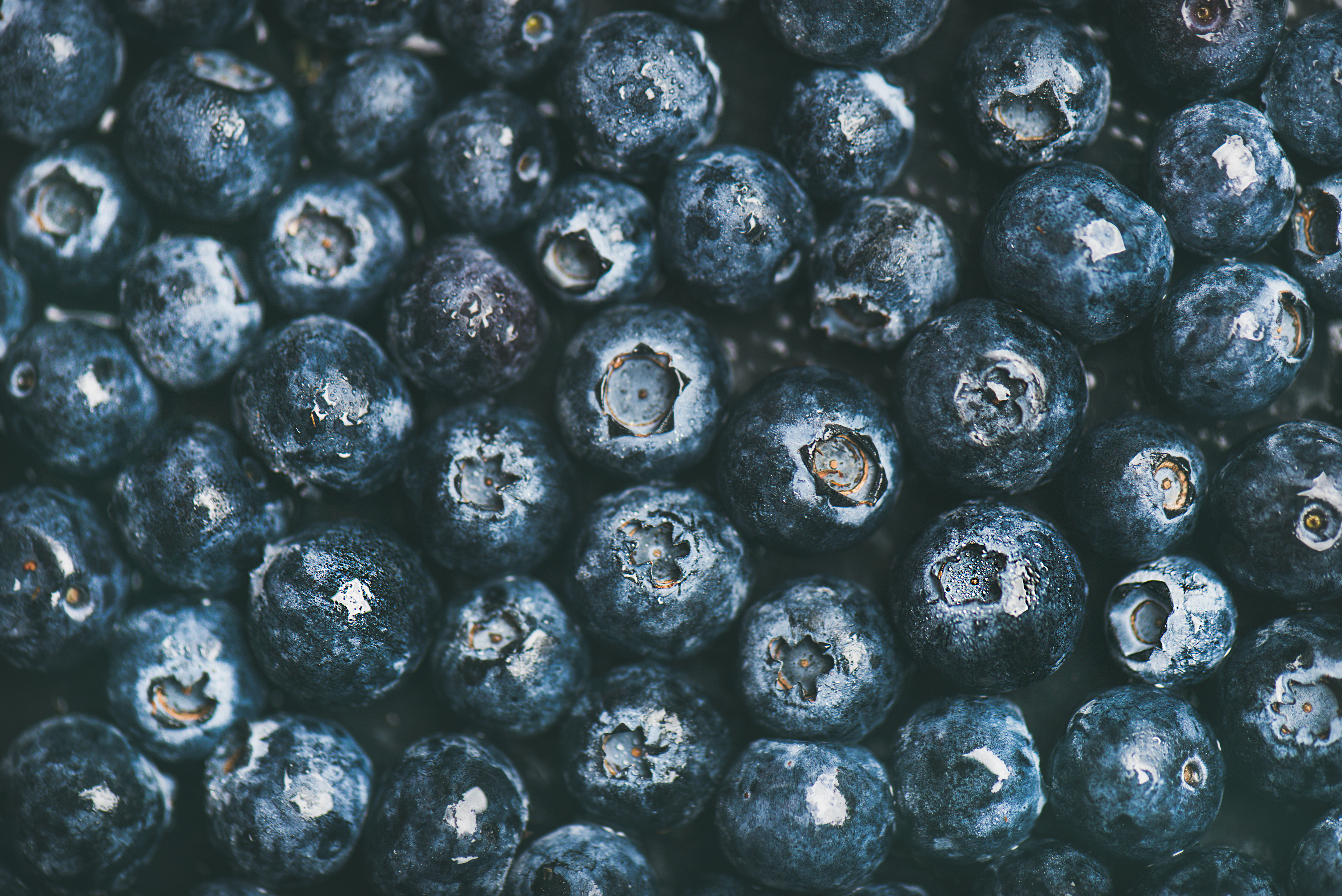
Blueberries, often hailed as nature's candy, are small yet mighty fruits packed with antioxidants. These antioxidants, particularly anthocyanins, not only give blueberries their distinctive color but also play a crucial role in neutralizing free radicals in the body. By combating oxidative stress, blueberries help reduce the risk of chronic diseases such as heart disease and cancer. Moreover, their high vitamin C content supports the immune system, while dietary fiber promotes digestive health. Recent studies have also highlighted their potential in improving brain function, particularly memory and cognitive performance. Incorporating blueberries into your diet is simple; whether sprinkled over breakfast cereals, blended into smoothies, or enjoyed as a fresh snack, the benefits are undeniable. As we continue to explore superfoods, remember that these tiny berries are a testament to the power of nutrient density in promoting overall health.
2. The Heart-Healthy Avocado
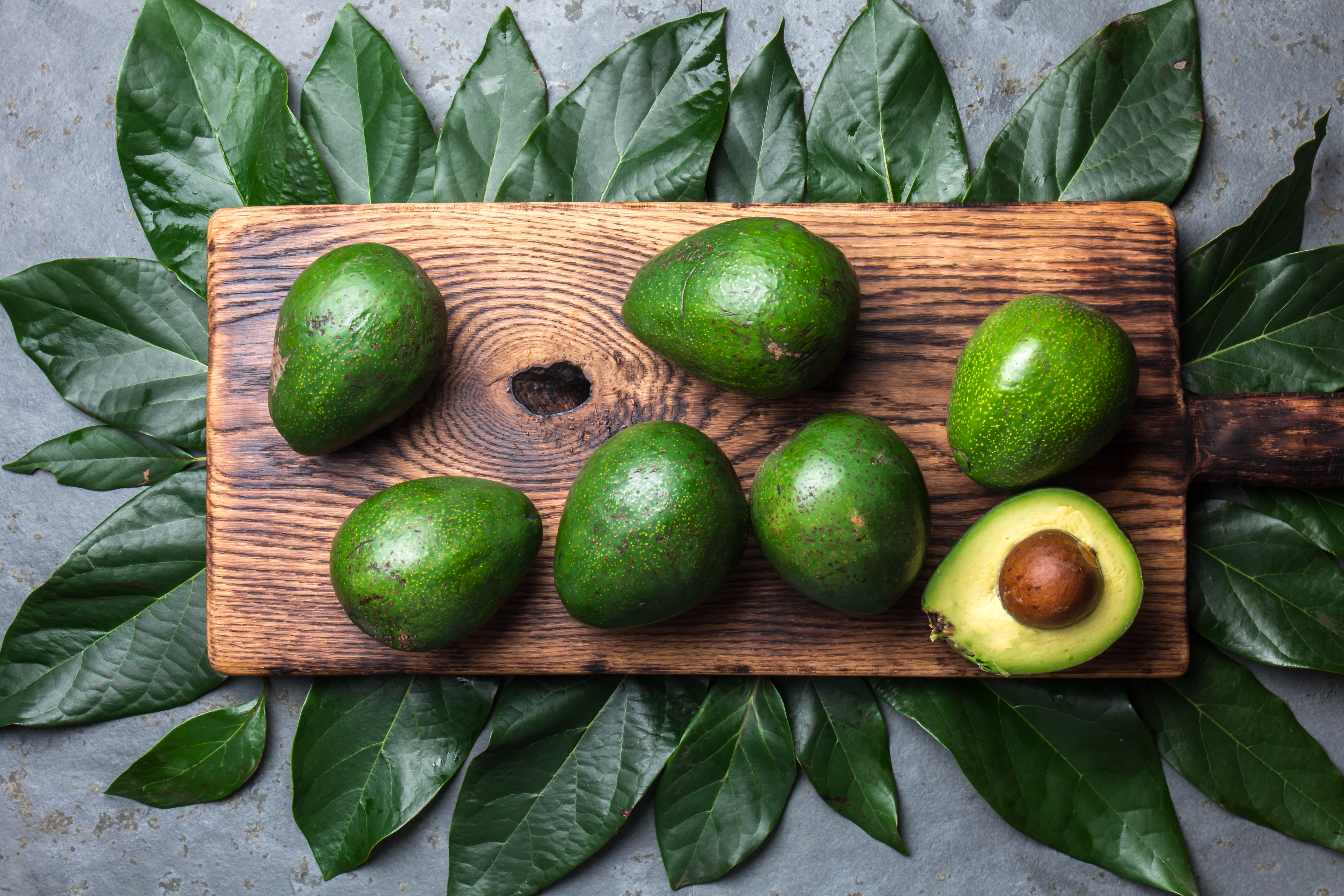
Avocados, with their creamy texture and rich flavor, have become a beloved staple in modern diets. Beyond their culinary versatility, avocados are a treasure trove of heart-healthy monounsaturated fats, which are known to lower bad cholesterol levels and reduce the risk of heart disease. They are also a great source of potassium, a mineral that helps regulate blood pressure. Additionally, avocados are rich in folate, an essential nutrient for cell repair and DNA synthesis. Their high fiber content aids in digestion and contributes to a feeling of fullness, making them an excellent choice for weight management. Whether mashed into guacamole, sliced atop toast, or blended into a smoothie, avocados provide a delicious way to enhance your nutritional intake. As we savor the benefits of avocados, we are reminded of the profound impact that healthy fats can have on our overall wellness.
3. The Versatility of Quinoa
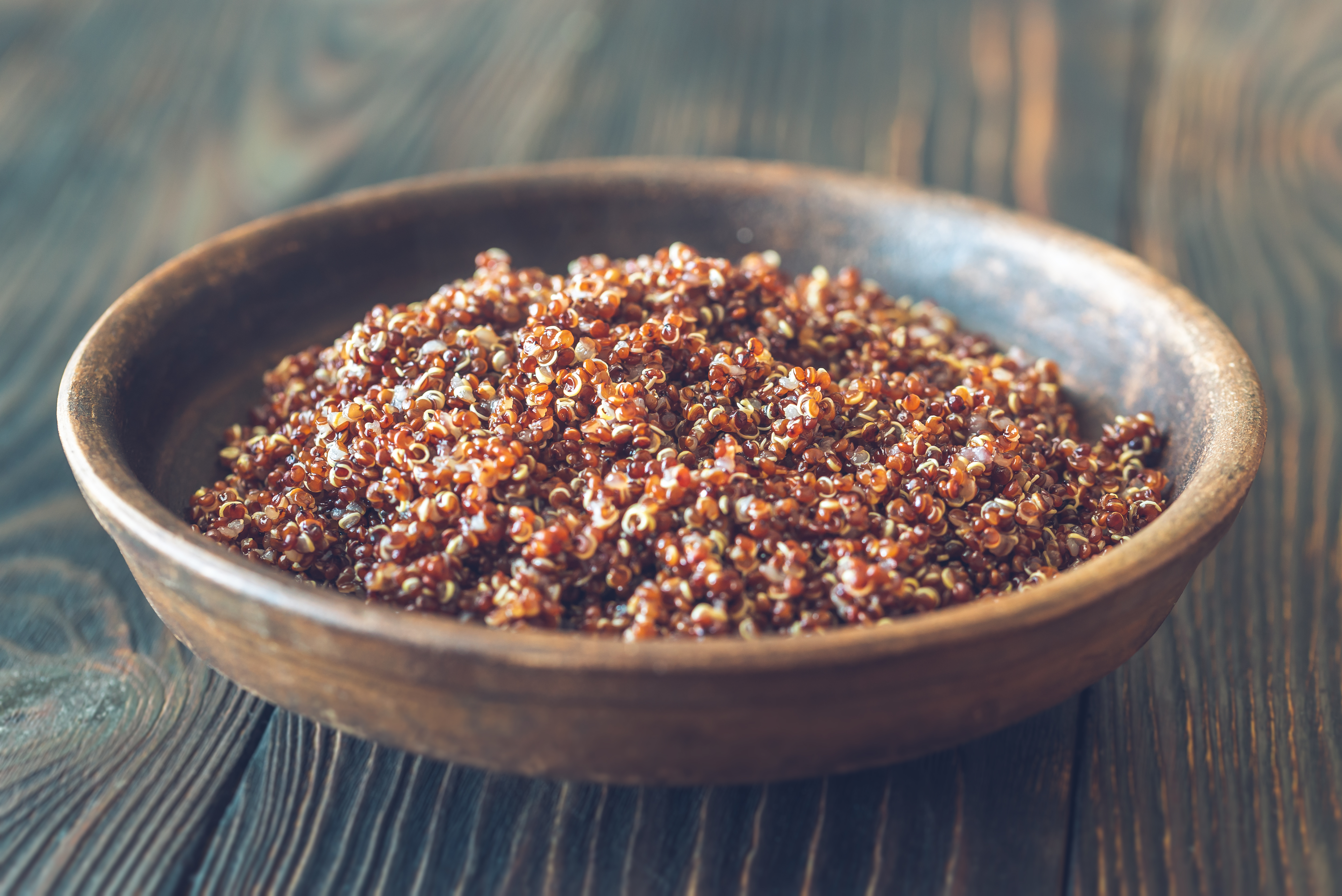
Quinoa, often referred to as a "super grain," is in fact a seed that has gained immense popularity for its exceptional nutritional profile. It is one of the few plant-based foods that is a complete protein, meaning it contains all nine essential amino acids required by the human body. This makes quinoa an excellent dietary choice for vegetarians and vegans. Additionally, it is rich in fiber, magnesium, B vitamins, iron, potassium, calcium, phosphorus, and vitamin E. Its versatility in cooking is unmatched; quinoa can be used as a base for salads, a substitute for rice, or even as a breakfast porridge. The presence of antioxidants such as quercetin and kaempferol further enhances its health benefits, providing anti-inflammatory and anti-viral properties. By incorporating quinoa into your meals, you not only diversify your diet but also boost your intake of essential nutrients that support overall health and vitality.
4. The Detoxifying Power of Kale
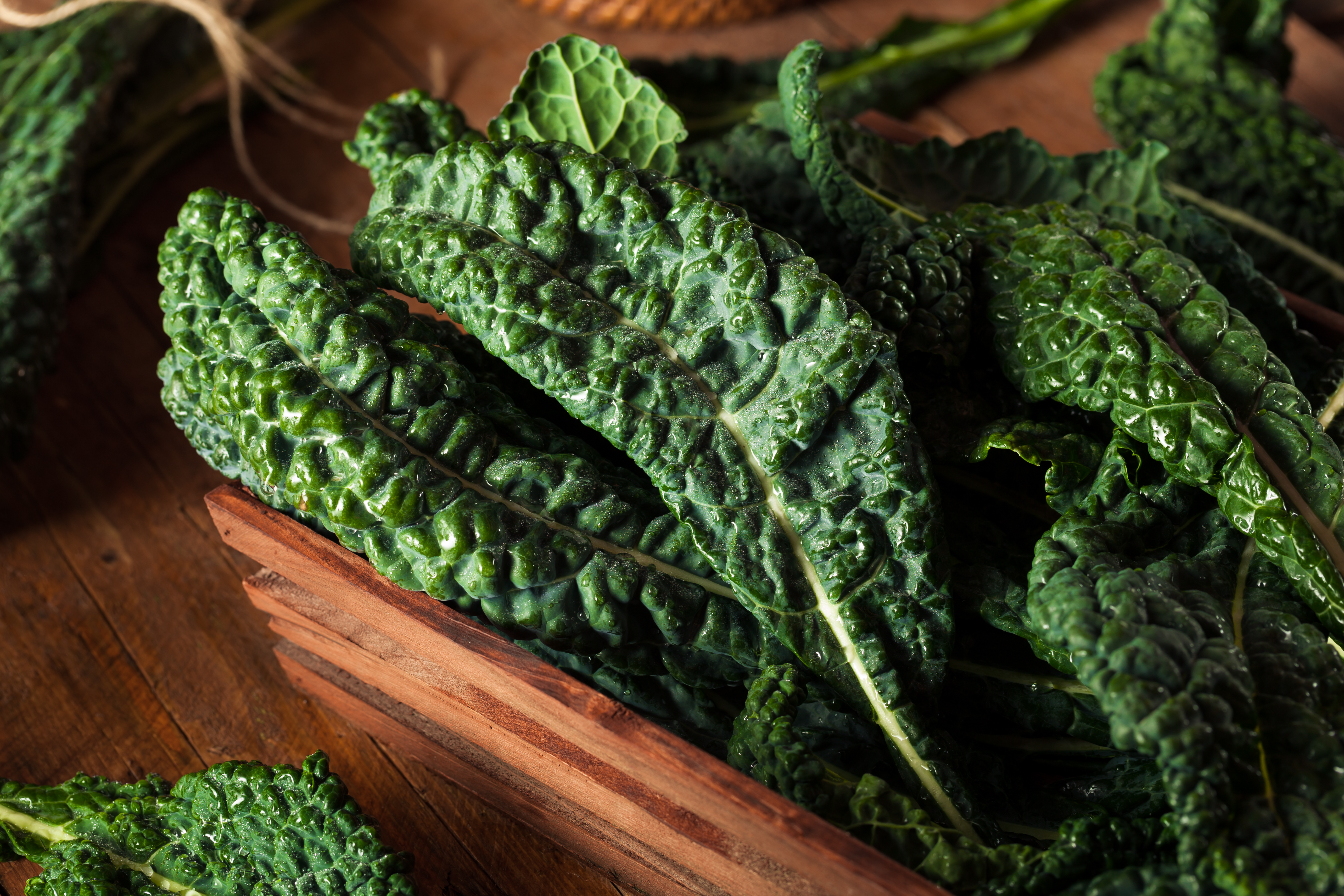
Kale, a leafy green vegetable, has earned its reputation as a superfood due to its impressive nutrient content and detoxifying properties. Rich in vitamins A, C, and K, kale supports immune function, skin health, and bone strength. Its high fiber content aids in digestion and helps regulate blood sugar levels. One of the standout features of kale is its ability to support the body's natural detoxification processes. Compounds such as glucosinolates are converted into isothiocyanates, which activate detoxifying enzymes in the liver. Additionally, the presence of chlorophyll helps neutralize toxins and heavy metals. Kale's versatility allows it to be incorporated into a variety of dishes, from salads and smoothies to soups and stir-fries. As we explore the benefits of kale, we gain a deeper appreciation for the role of leafy greens in supporting our body's natural cleansing mechanisms and promoting overall health.
5. The Immune-Boosting Qualities of Garlic
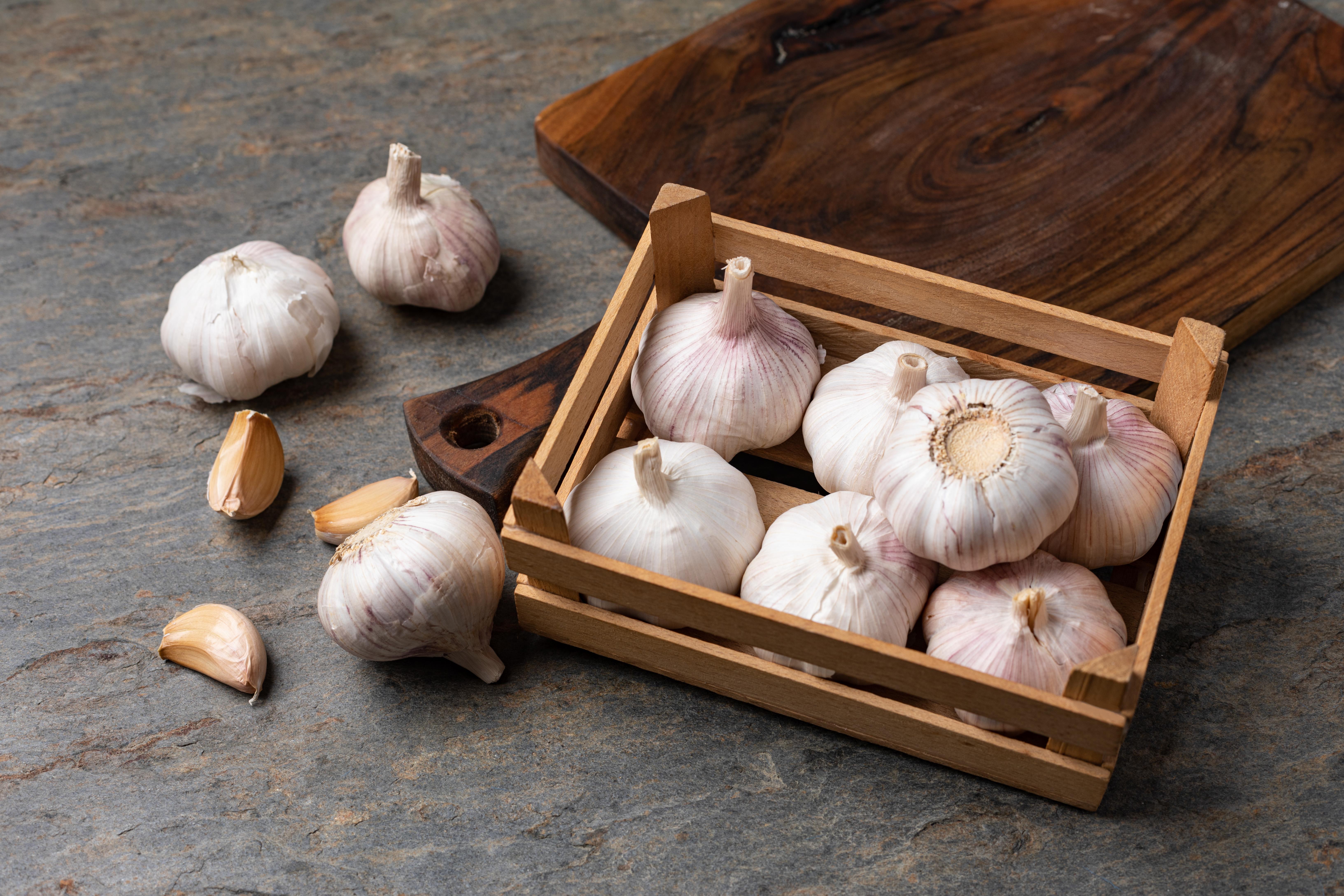
Garlic, a staple in kitchens worldwide, is renowned for its potent flavor and remarkable health benefits. Its active compound, allicin, is responsible for garlic's distinctive aroma and numerous medicinal properties. Allicin has been shown to enhance the immune system by stimulating the production of white blood cells, which are crucial in fighting infections. Furthermore, garlic possesses anti-inflammatory, antibacterial, and antiviral properties, making it a powerful ally in maintaining health and preventing illness. Regular consumption of garlic has been linked to a reduced risk of cardiovascular diseases, as it helps lower blood pressure and cholesterol levels. Incorporating garlic into your diet is both easy and rewarding; it can be used to flavor a wide range of dishes, from soups and stews to sauces and marinades. As we delve into the benefits of garlic, we recognize its role as a natural powerhouse that supports our body's defenses and contributes to overall wellness.
6. The Omega-3 Richness of Chia Seeds
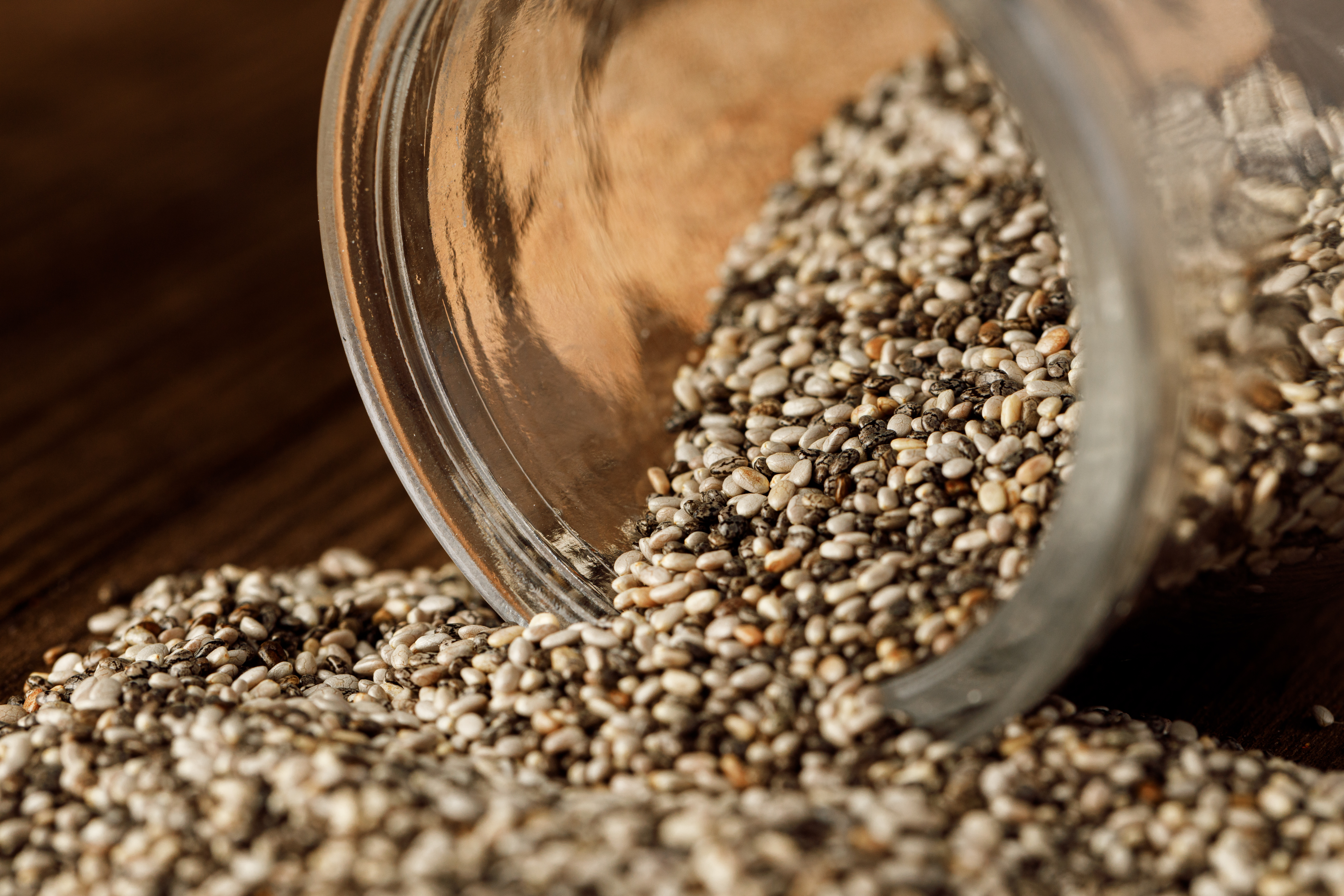
Chia seeds, tiny yet nutrient-dense, have become a popular superfood due to their high content of omega-3 fatty acids, fiber, and protein. Omega-3 fatty acids are essential for brain health, reducing inflammation, and supporting heart health. Chia seeds are also an excellent source of antioxidants, which help protect the body from oxidative stress and damage. Their high fiber content aids in digestion and helps maintain stable blood sugar levels, making them an ideal choice for individuals with diabetes or those looking to manage their weight. Chia seeds can absorb up to 12 times their weight in water, forming a gel-like consistency that can be used as an egg substitute in baking or added to smoothies, yogurts, and puddings. By incorporating chia seeds into your diet, you not only enhance your intake of essential nutrients but also support your body's overall health and vitality.
7. The Gut-Healing Benefits of Fermented Foods
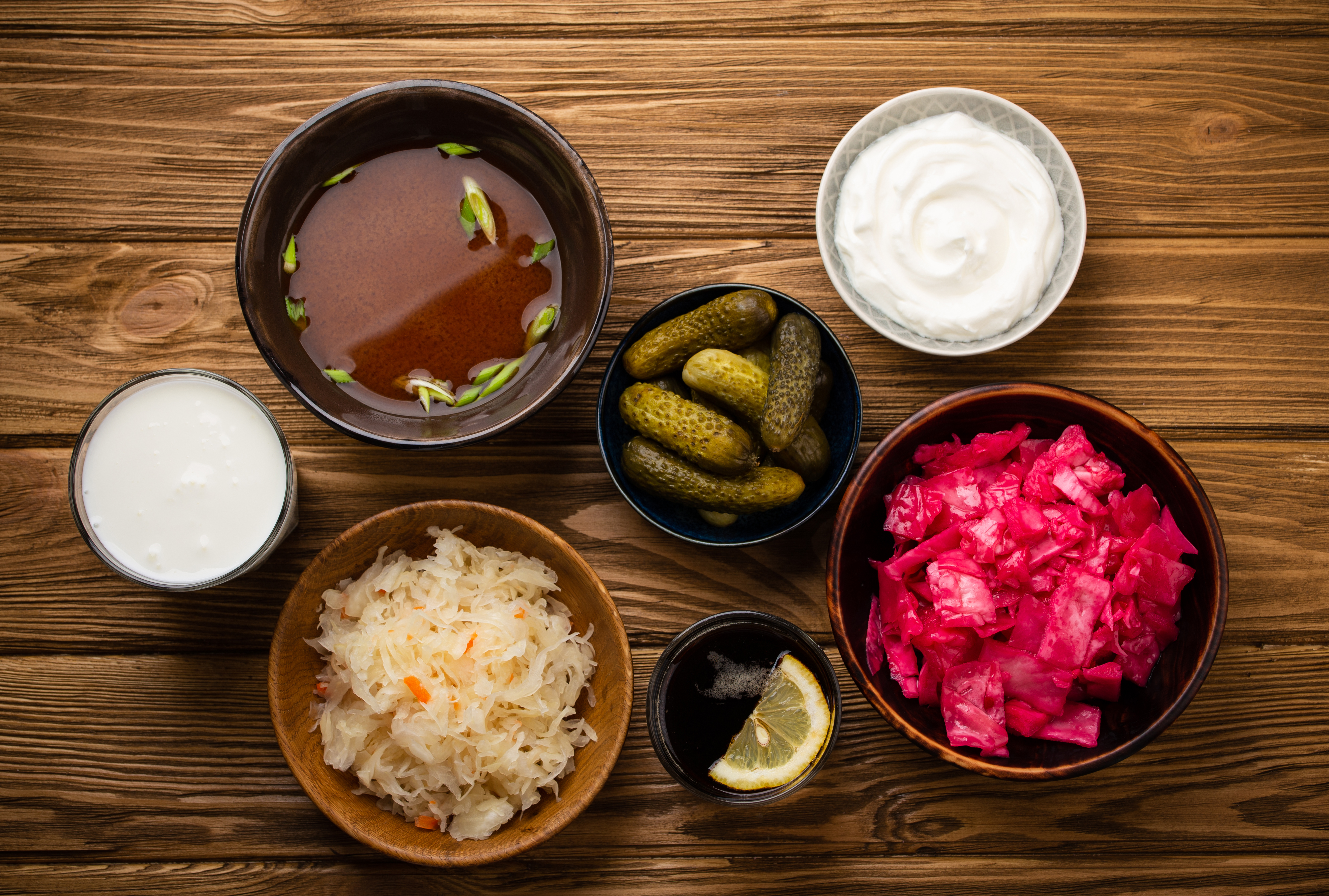
Fermented foods have long been celebrated for their role in promoting gut health and overall well-being. These foods, which include yogurt, kefir, sauerkraut, kimchi, and kombucha, are rich in probiotics—beneficial bacteria that support a healthy gut microbiome. A balanced gut microbiome is essential for digestion, nutrient absorption, and immune function. Fermented foods also contain enzymes that aid in breaking down food and enhancing nutrient availability. The process of fermentation increases the bioavailability of nutrients, making them easier for the body to absorb. Regular consumption of fermented foods has been linked to improved digestion, enhanced immune response, and even better mental health, as the gut-brain axis plays a significant role in mood regulation. By incorporating fermented foods into your diet, you can support your gut health and overall wellness, paving the way for a healthier and more vibrant life.
8. The Energy-Boosting Potential of Bananas
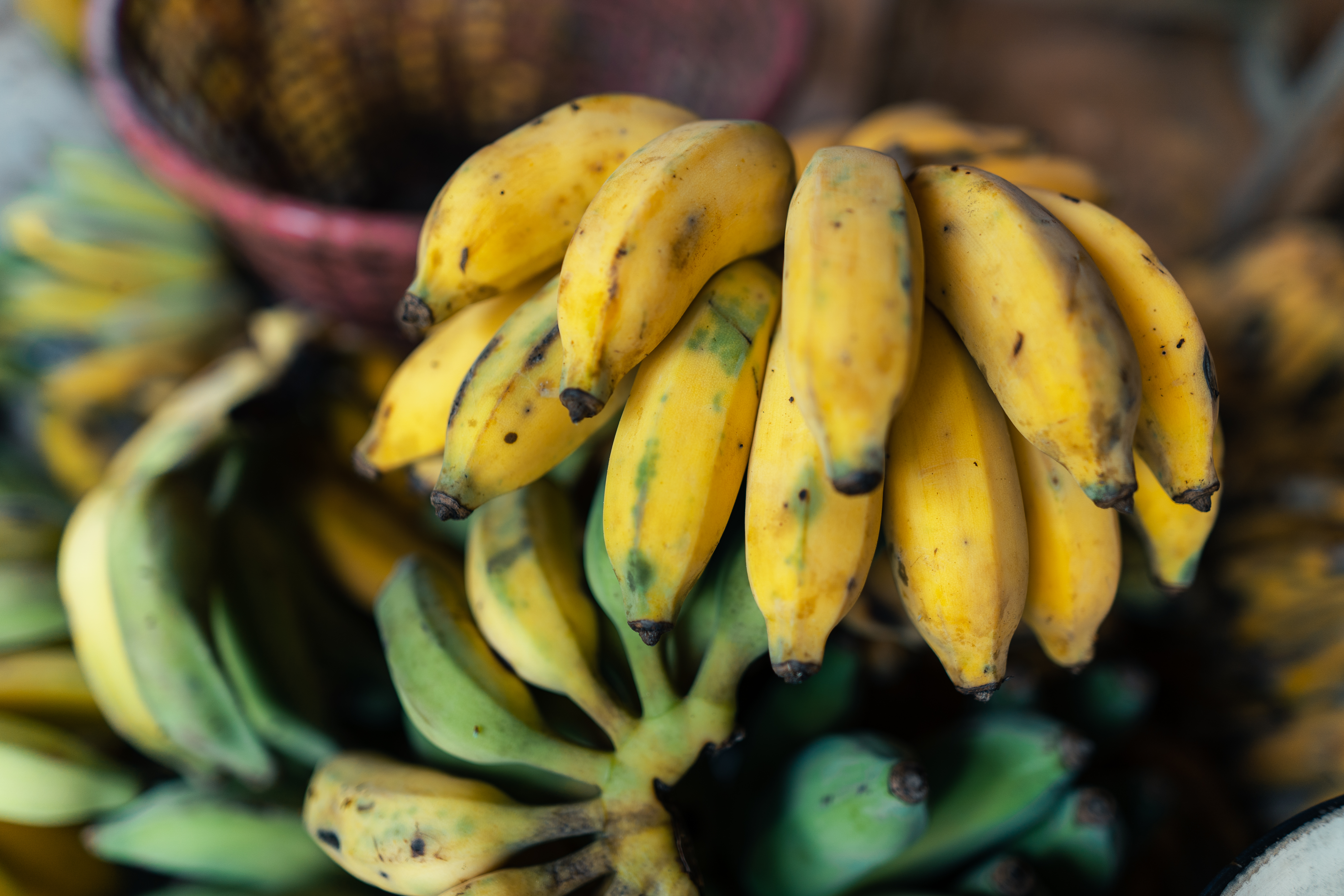
Bananas, a favorite fruit for many, are not only delicious but also packed with nutrients that provide a quick and sustained energy boost. Rich in carbohydrates, particularly natural sugars like glucose, fructose, and sucrose, bananas are an excellent source of energy. They also contain fiber, which helps slow the digestion of sugars, providing a steady release of energy over time. Bananas are a great source of potassium, an essential mineral that aids in muscle function and helps prevent cramps, making them a popular choice among athletes. Additionally, bananas contain vitamin B6, which plays a crucial role in converting food into energy and supporting brain health. Whether enjoyed on their own, added to smoothies, or used in baking, bananas offer a convenient and nutritious way to fuel your body and maintain energy levels throughout the day.
9. The Bone-Strengthening Properties of Almonds
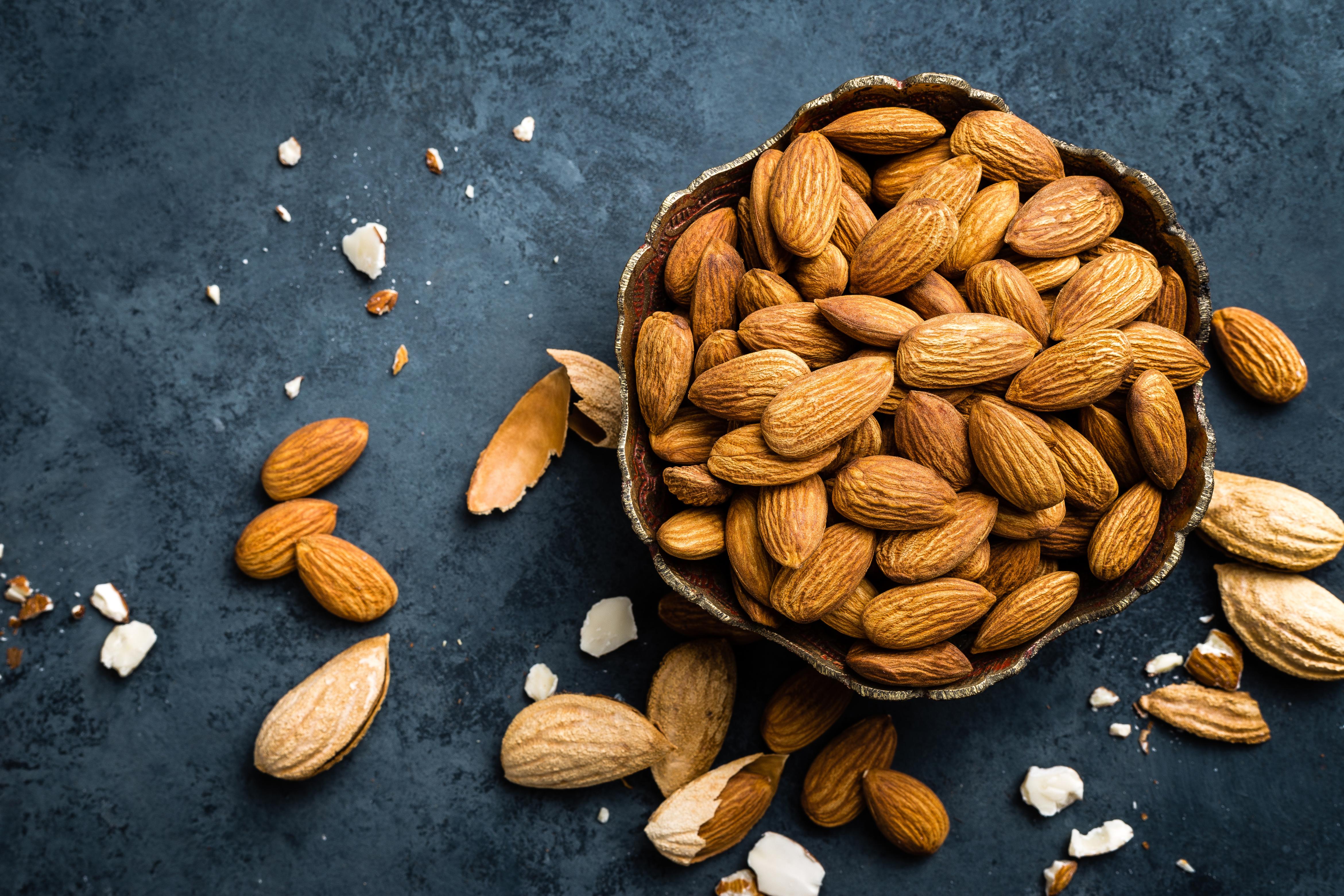
Almonds, a nutrient-rich nut, are renowned for their bone-strengthening properties and numerous health benefits. They are an excellent source of calcium, magnesium, and phosphorus, all of which are essential for maintaining strong and healthy bones. Additionally, almonds are rich in vitamin E, a powerful antioxidant that helps protect cells from oxidative damage. Their high content of healthy fats and fiber also supports heart health and aids in weight management. Regular consumption of almonds has been linked to improved cholesterol levels and reduced risk of heart disease. Almonds can be enjoyed as a snack, added to salads, or used as a base for almond milk and almond butter. By incorporating almonds into your diet, you can support your bone health and overall well-being, ensuring a strong foundation for a healthy and active life.
10. The Skin-Enhancing Benefits of Sweet Potatoes
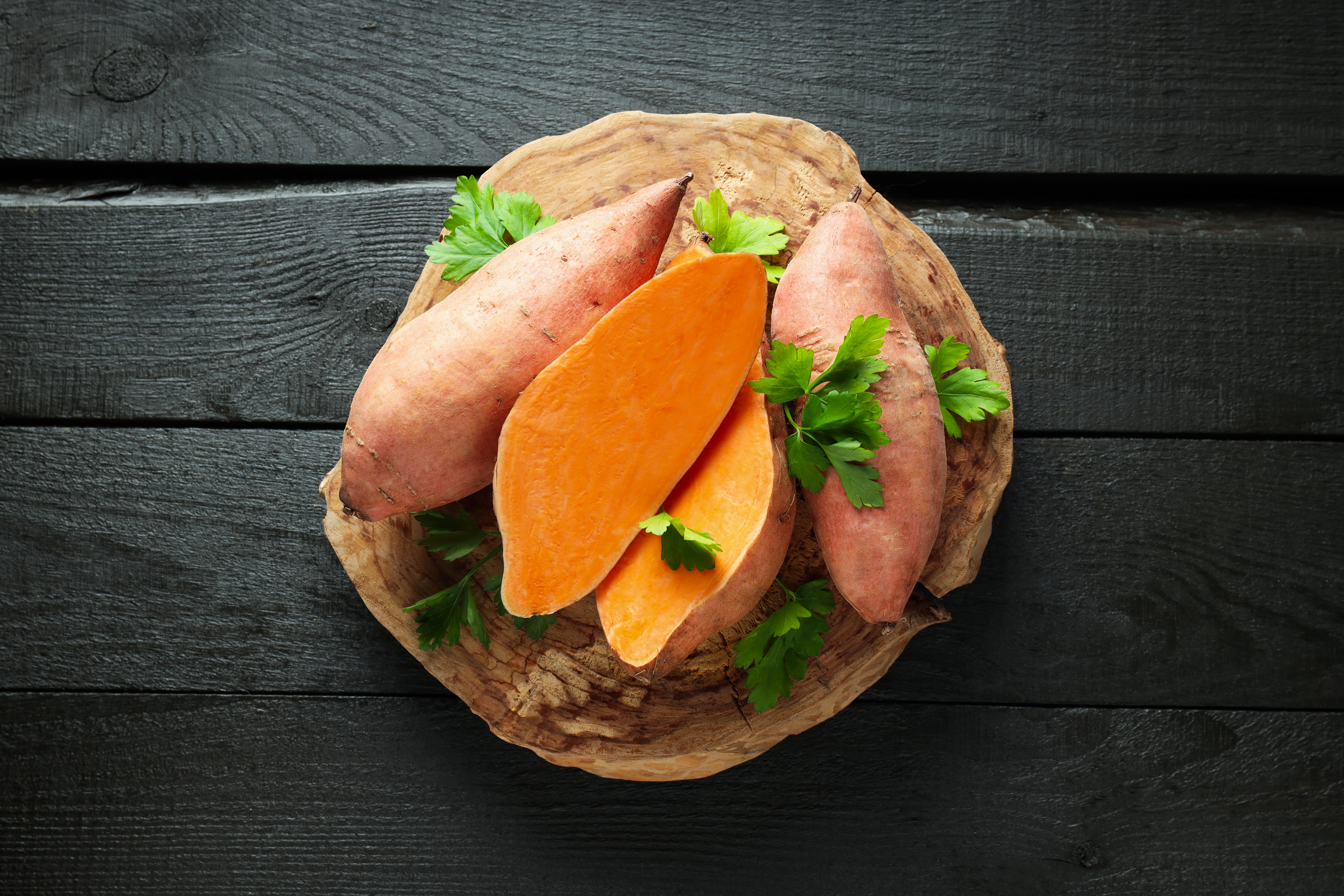
Sweet potatoes, with their vibrant orange hue, are not only delicious but also packed with nutrients that promote skin health. Rich in beta-carotene, a precursor to vitamin A, sweet potatoes help protect the skin from sun damage and support the production of new skin cells. This nutrient also plays a crucial role in maintaining skin elasticity and preventing signs of aging. Sweet potatoes are a good source of vitamin C, which is essential for collagen production and helps reduce the appearance of wrinkles and fine lines. Their high fiber content aids in digestion and helps maintain stable blood sugar levels, contributing to overall health. Whether roasted, mashed, or used in soups and stews, sweet potatoes offer a delicious and nutritious way to enhance your skin's health and radiance.
11. The Mood-Enhancing Effects of Dark Chocolate

Dark chocolate, a delightful treat for many, is not only indulgent but also offers mood-enhancing benefits. Rich in flavonoids, dark chocolate has been shown to improve blood flow to the brain and enhance cognitive function. It also stimulates the production of endorphins, the body's natural feel-good chemicals, and contains serotonin, a neurotransmitter that helps regulate mood. The presence of magnesium in dark chocolate further supports brain health and helps reduce stress and anxiety. Consuming dark chocolate in moderation can be a delicious way to boost your mood and support mental well-being. Whether enjoyed on its own or used in baking and cooking, dark chocolate offers a satisfying and healthful way to indulge your senses and enhance your overall wellness.
12. The Anti-Inflammatory Benefits of Turmeric
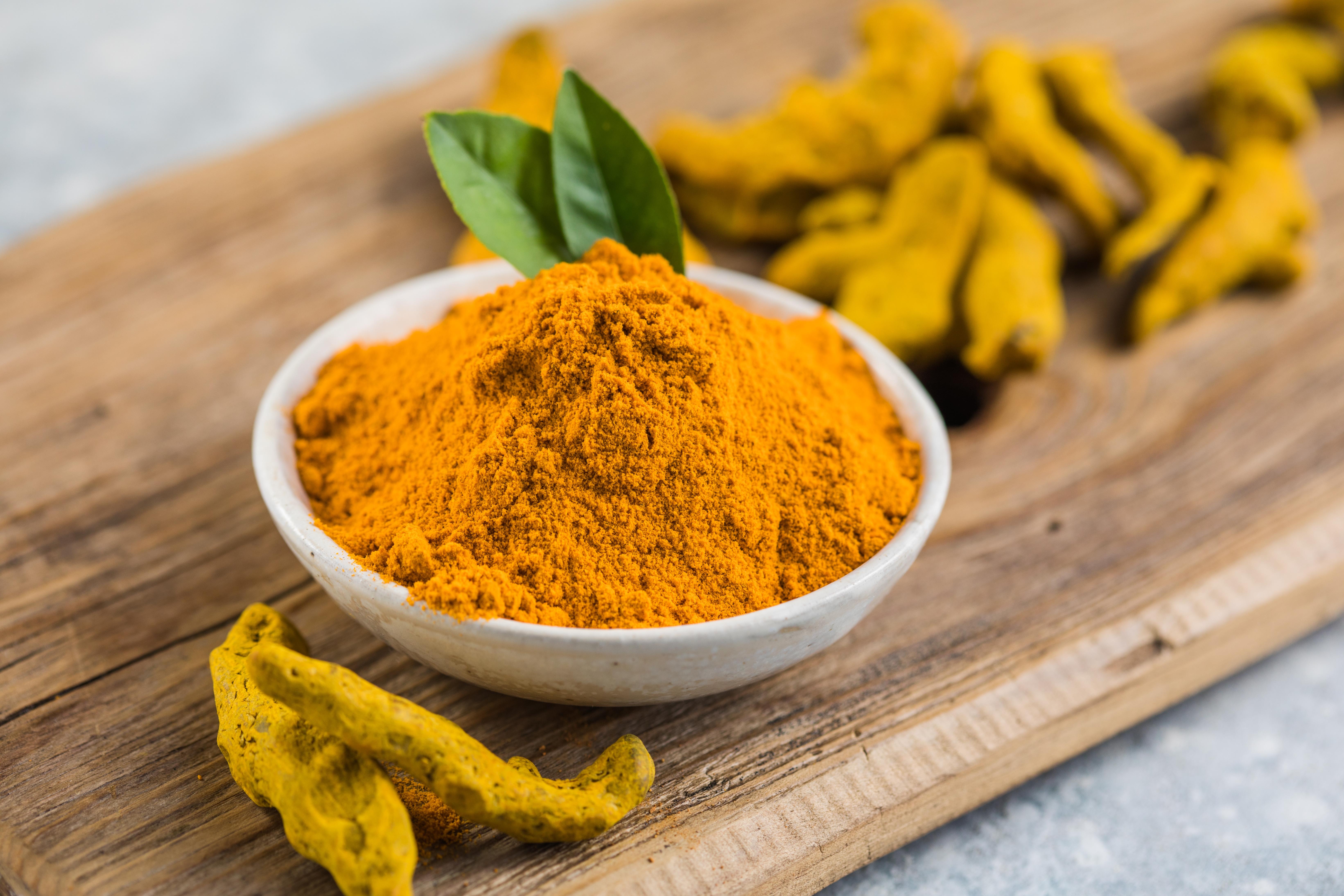
Turmeric, a vibrant yellow spice commonly used in Indian cuisine, is celebrated for its potent anti-inflammatory properties. Its active compound, curcumin, has been extensively studied for its ability to reduce inflammation and provide relief from chronic pain conditions such as arthritis. Curcumin also possesses antioxidant properties, helping to protect the body from oxidative stress and damage. Additionally, turmeric supports liver health by promoting detoxification processes and enhancing the production of bile. Incorporating turmeric into your diet can be as simple as adding it to curries, soups, and smoothies, or using it to flavor roasted vegetables and rice dishes. By embracing the benefits of turmeric, you can support your body's natural anti-inflammatory responses and promote overall health and vitality.
13. Hemp Seeds – A Plant-Based Protein Powerhouse
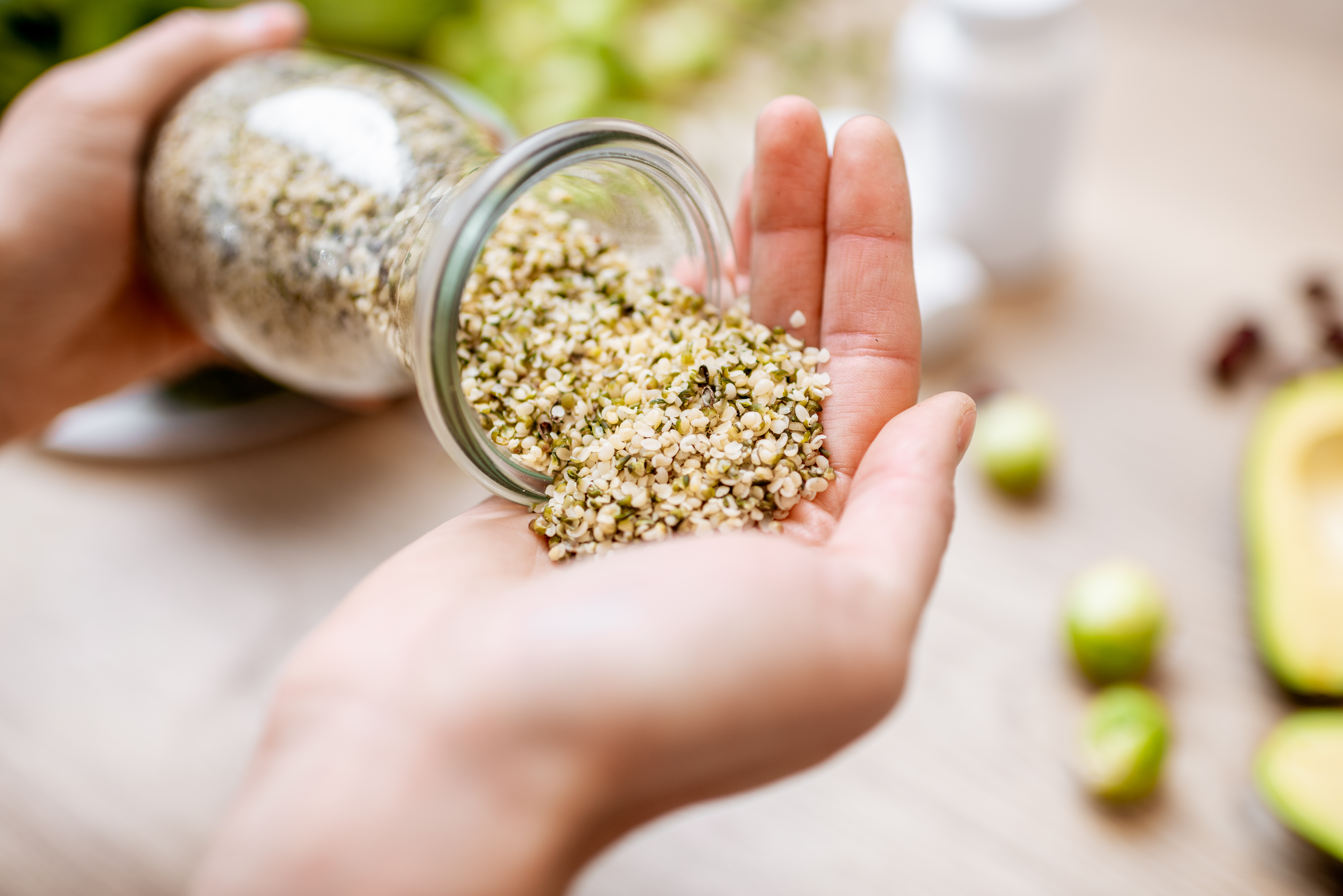
Hemp seeds are an excellent source of plant-based protein, containing all nine essential amino acids, making them a complete protein source. They are also packed with omega-3 and omega-6 fatty acids, which support heart health and reduce inflammation. Rich in magnesium, iron, and zinc, hemp seeds help support muscle function, immune health, and energy production. Their mild, nutty flavor makes them a versatile addition to smoothies, oatmeal, salads, and even baked goods. Whether you're vegan, vegetarian, or simply looking to boost your protein intake, hemp seeds offer an easy, nutrient-dense solution.
14. Black Garlic – A Supercharged Antioxidant Boost
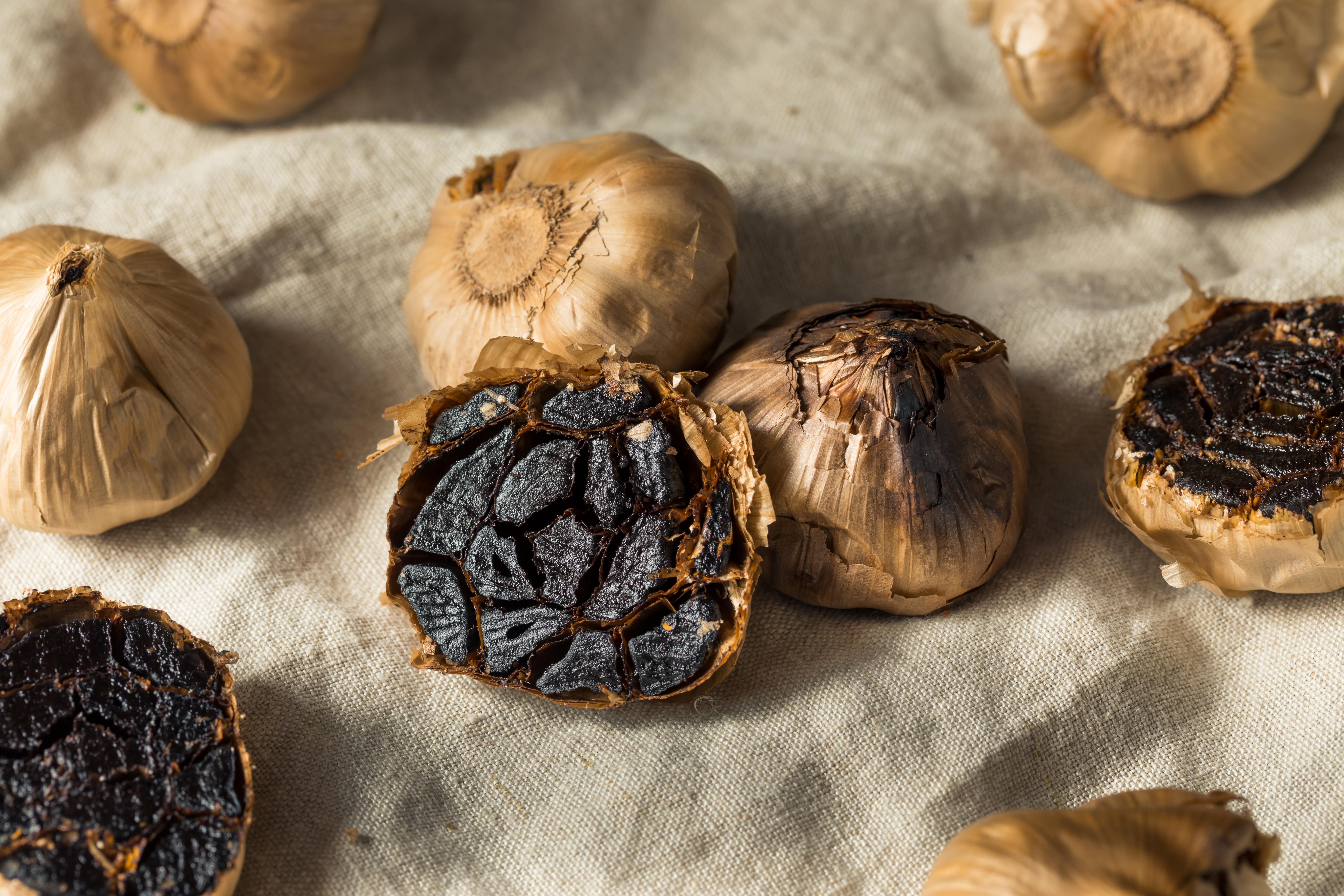
Black garlic, made by fermenting fresh garlic, contains twice the amount of antioxidants as raw garlic, making it a powerful immune-boosting and heart-healthy food. It has been shown to help regulate blood sugar levels, reduce inflammation, and improve cholesterol profiles. Black garlic also contains S-allyl cysteine, a compound that may support brain function and cognitive health. Unlike raw garlic, black garlic has a sweet, balsamic-like flavor, making it a great addition to sauces, dressings, or even eaten on its own.
15. Seaweed – The Ultimate Iodine-Rich Superfood
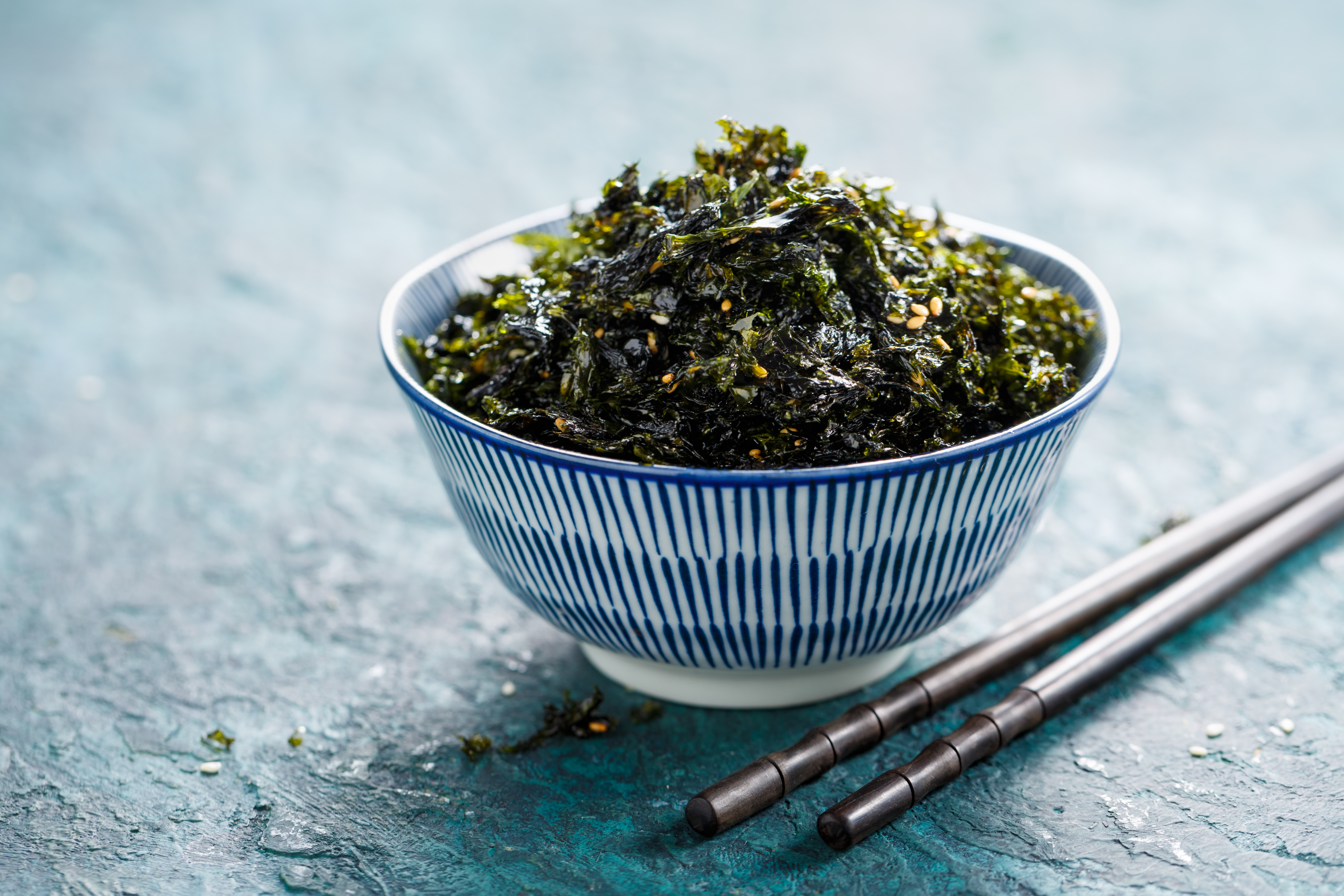
Seaweed is an incredibly nutrient-dense food loaded with iodine, an essential mineral for thyroid health. It also contains fucoxanthin, an antioxidant that may aid in weight management by promoting fat metabolism. Rich in vitamins A, C, and K, as well as iron, calcium, and fiber, seaweed supports immune function, bone health, and digestion. Whether enjoyed as dried nori sheets, added to soups, or sprinkled on salads, seaweed is a superfood that provides a unique nutritional boost.
16. Maca Root – Nature’s Energy Enhancer
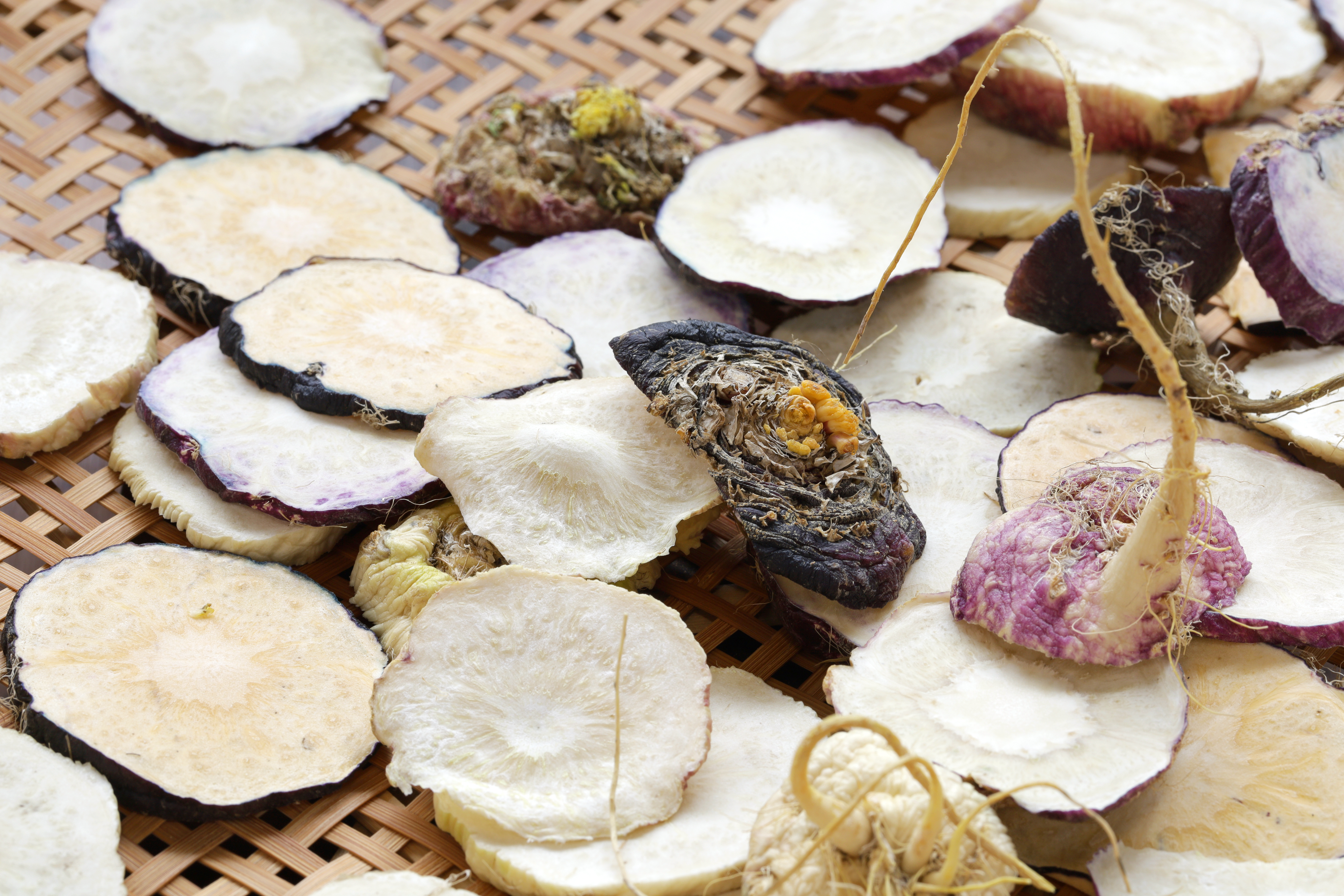
Maca root, often called "Peruvian ginseng," has been used for centuries for its energy-boosting and hormone-balancing properties. It may help enhance stamina, endurance, and mental clarity, making it a favorite among athletes and those seeking natural energy support. Maca is also rich in B vitamins, iron, and amino acids, which support metabolism and immune function. With its mild, nutty, caramel-like flavor, maca powder can easily be added to smoothies, oatmeal, or coffee for a natural, jitter-free energy boost.
17. Pomegranate – A Heart-Healthy Antioxidant Bomb
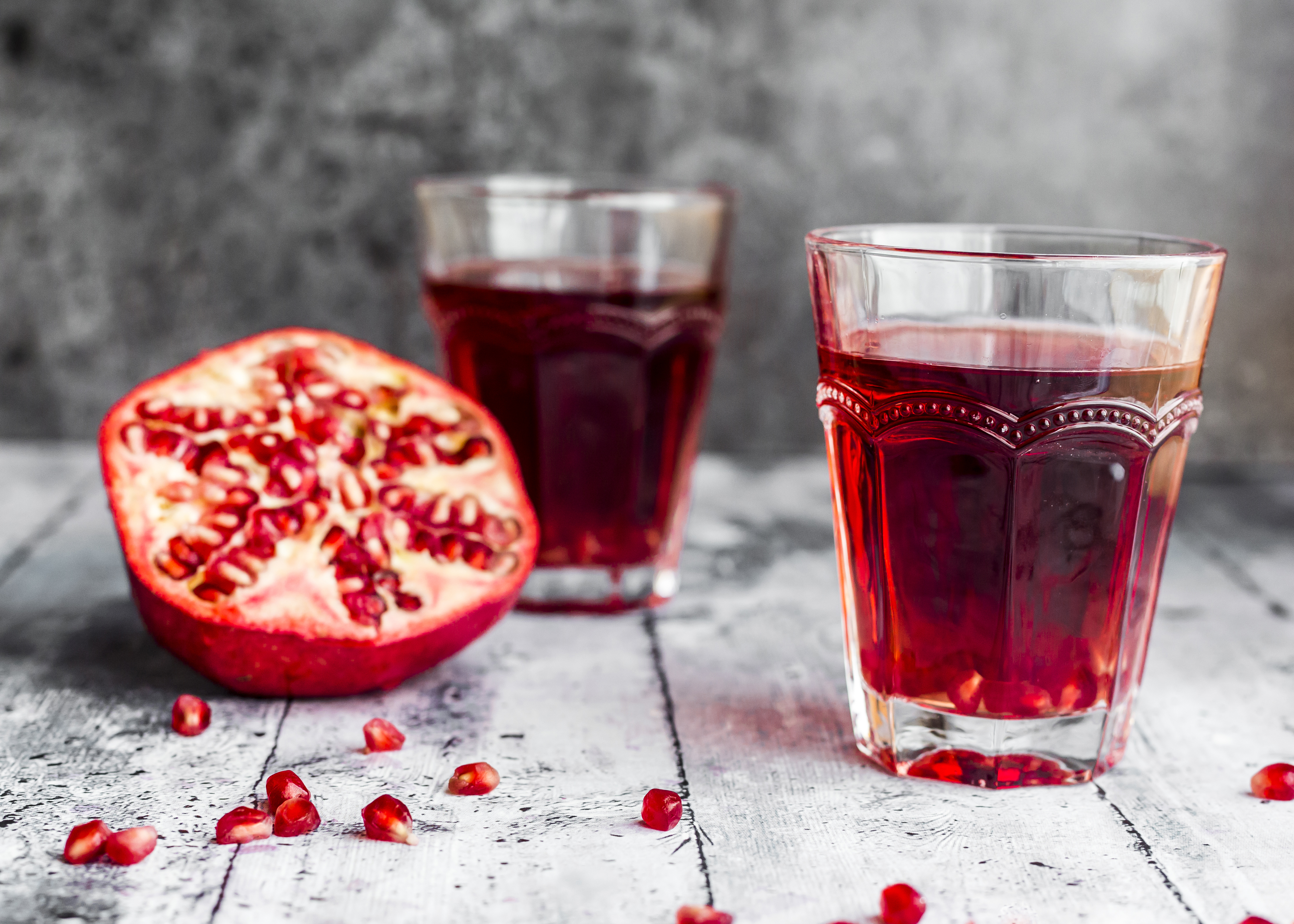
Pomegranates are bursting with polyphenols and anthocyanins, powerful antioxidants that support heart health by reducing inflammation and improving blood circulation. Studies suggest that pomegranate juice may help lower blood pressure and reduce oxidative stress in the body. Rich in fiber, vitamin C, and potassium, pomegranates promote gut health, immune function, and hydration. The juicy, ruby-red seeds (arils) are delicious in salads, yogurt, or eaten on their own as a refreshing snack.
18. Watercress – A Vitamin-Packed Supergreen

Often overlooked, watercress is one of the most nutrient-dense leafy greens available, ranking higher than kale and spinach in certain nutrient profiles. It is loaded with vitamin K, vitamin C, calcium, and beta-carotene, making it excellent for bone health, skin vitality, and immune support. Watercress also contains glucosinolates, compounds that may aid in detoxification and protect against certain cancers. With a crisp, peppery taste, watercress can be used in salads, soups, or as a nutritious garnish.
19. Goji Berries – The Ancient Superfruit
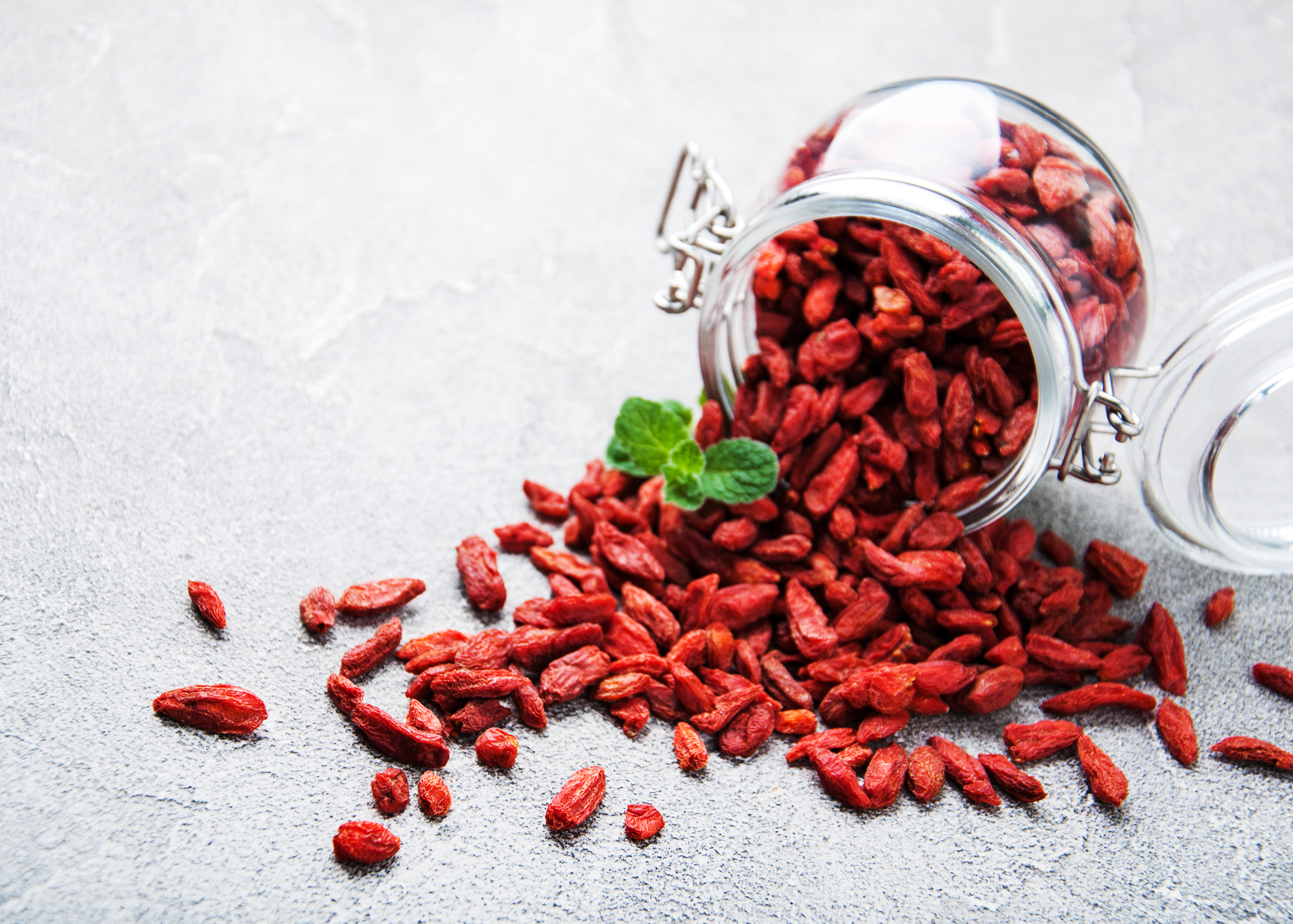
Goji berries, a staple in traditional Chinese medicine, are packed with vitamin C, iron, and beta-carotene, which support immune function and eye health. These small, red berries are also high in antioxidants that may help reduce oxidative stress and promote longevity. Some research suggests goji berries can support better sleep, mood stability, and energy levels. With their sweet-tart flavor, goji berries can be eaten on their own, added to granola, or blended into smoothies for a nutritional boost.
20. Spirulina – The Protein-Rich Algae Superfood
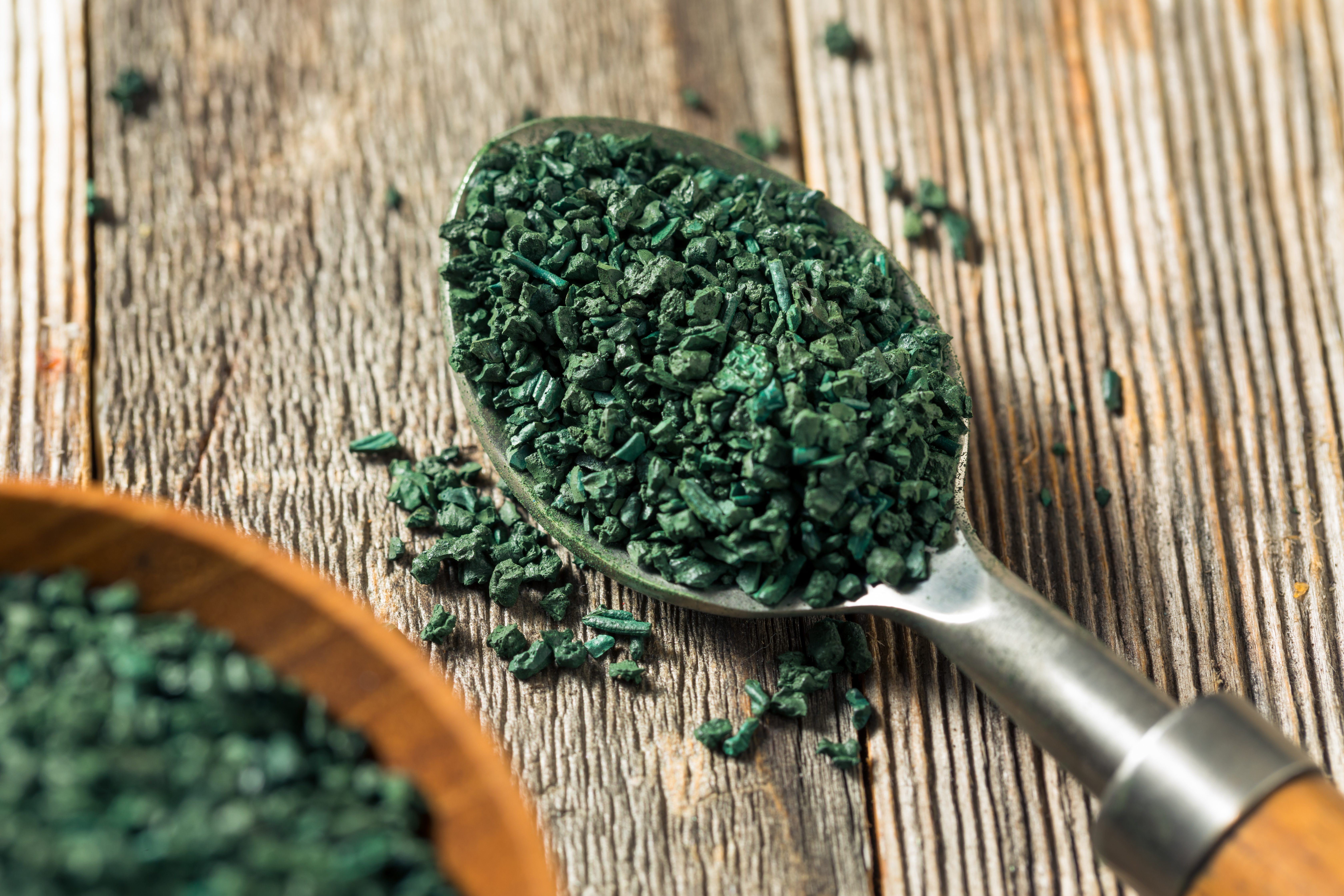
Spirulina is a blue-green algae that is one of the most protein-rich plant-based foods, containing about 60% protein by weight. It is also an excellent source of B vitamins, iron, and chlorophyll, which helps detoxify the body and support liver function. Spirulina has been shown to boost endurance, reduce inflammation, and support immune health due to its high concentration of antioxidants. Available in powder or tablet form, it can be blended into smoothies, mixed with juice, or taken as a supplement for a powerful dose of nutrients.
21. Purple Sweet Potatoes – A Colorful Antioxidant Powerhouse
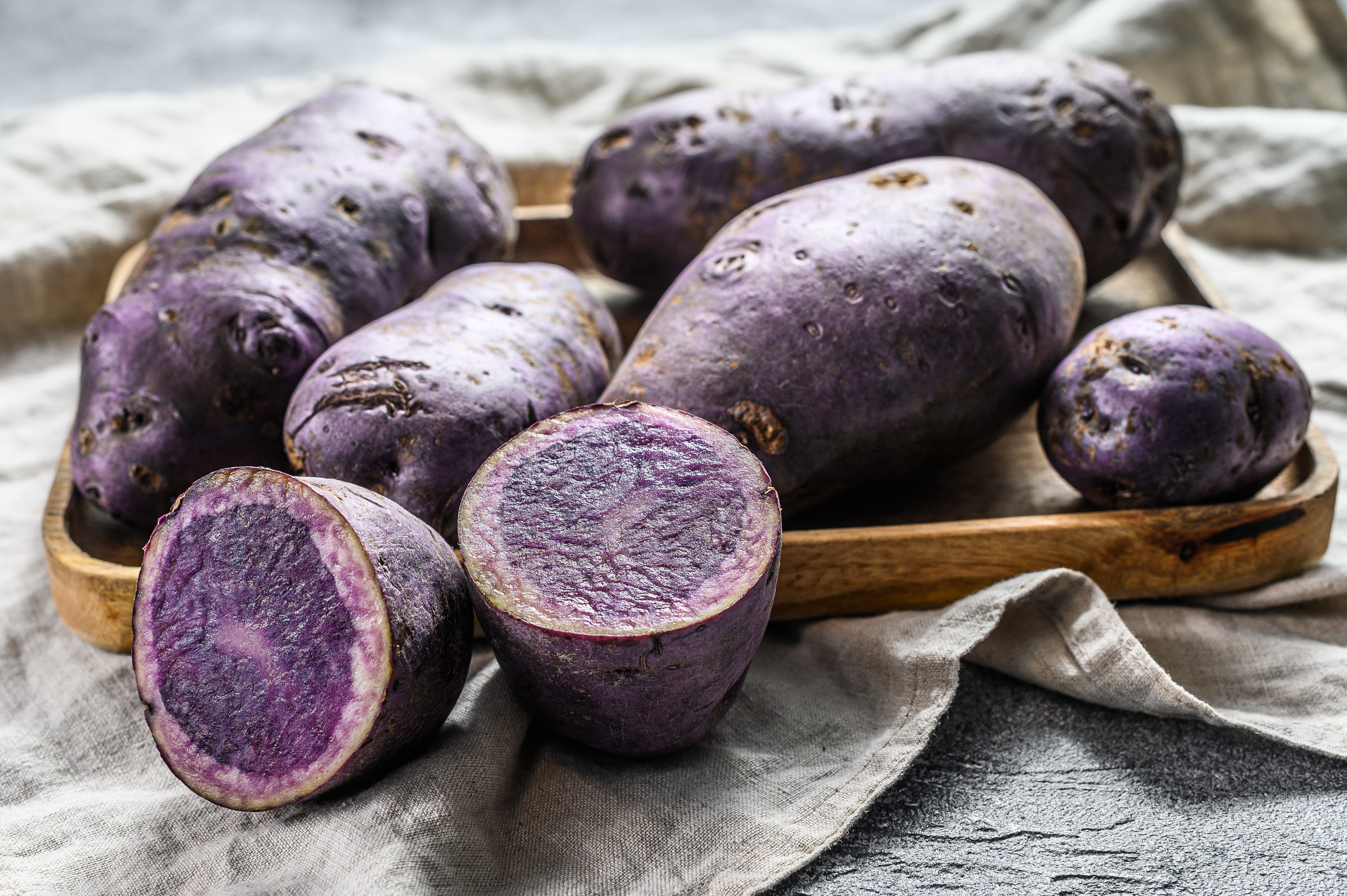
Purple sweet potatoes contain anthocyanins, the same antioxidants found in blueberries, which help reduce inflammation and support brain function. They are also high in fiber, vitamin C, and potassium, making them beneficial for gut health, immune function, and heart health. Unlike regular sweet potatoes, purple sweet potatoes have an even higher concentration of antioxidants, which may help combat oxidative stress and aging. Their naturally sweet taste makes them a delicious and nutritious alternative to regular potatoes in both sweet and savory dishes.
22. Brazil Nuts – A Selenium-Rich Super Nut
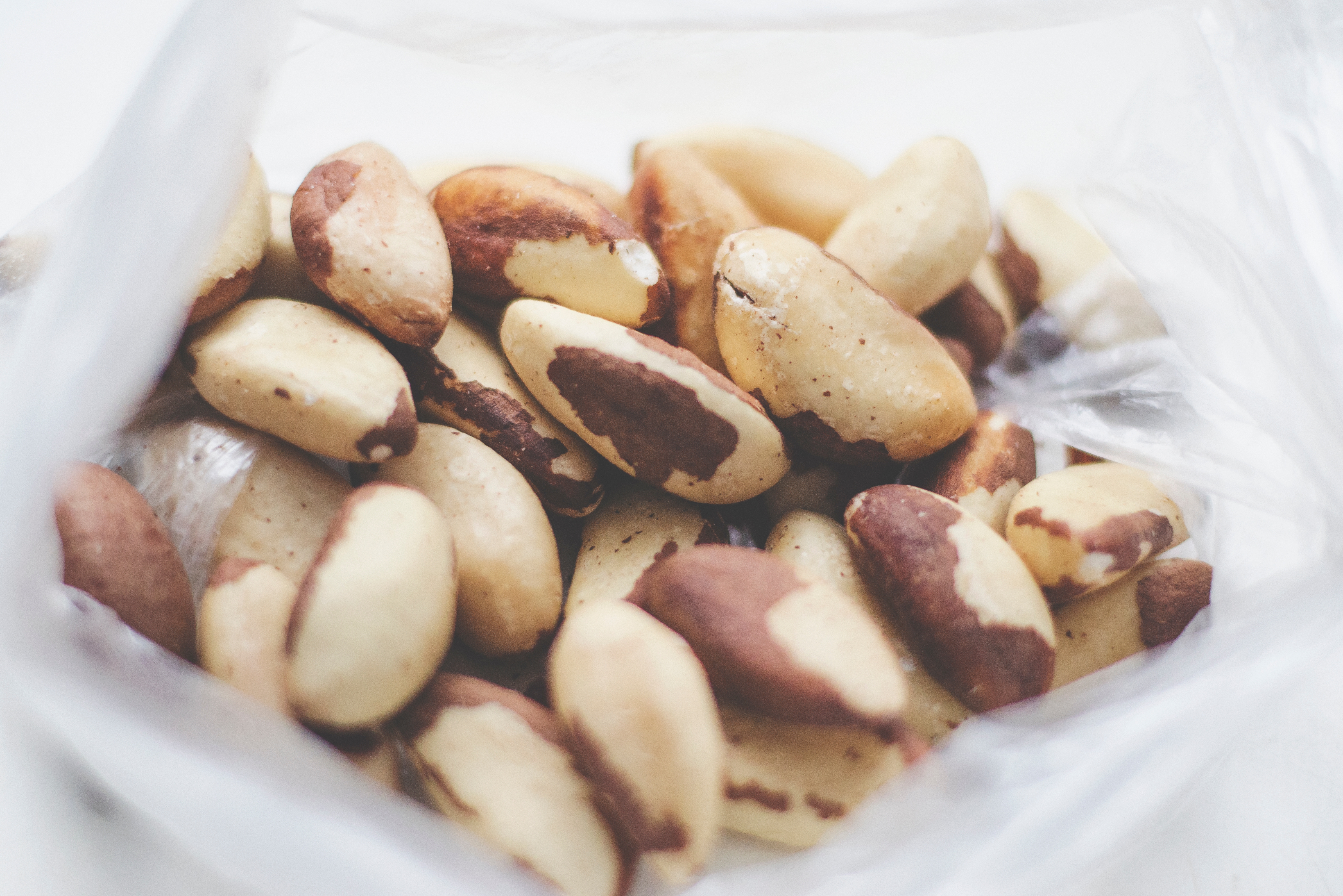
Brazil nuts are one of the best natural sources of selenium, an essential mineral that plays a critical role in thyroid function, immunity, and DNA repair. Just one or two Brazil nuts per day provide more than enough selenium to support hormonal balance and antioxidant protection. They are also rich in healthy fats, magnesium, and zinc, which support brain health and reduce inflammation. Enjoy them as a snack, blended into nut butter, or chopped over salads for an easy and delicious way to boost your selenium intake.
23. Red Cabbage – The Underrated Antioxidant Giant
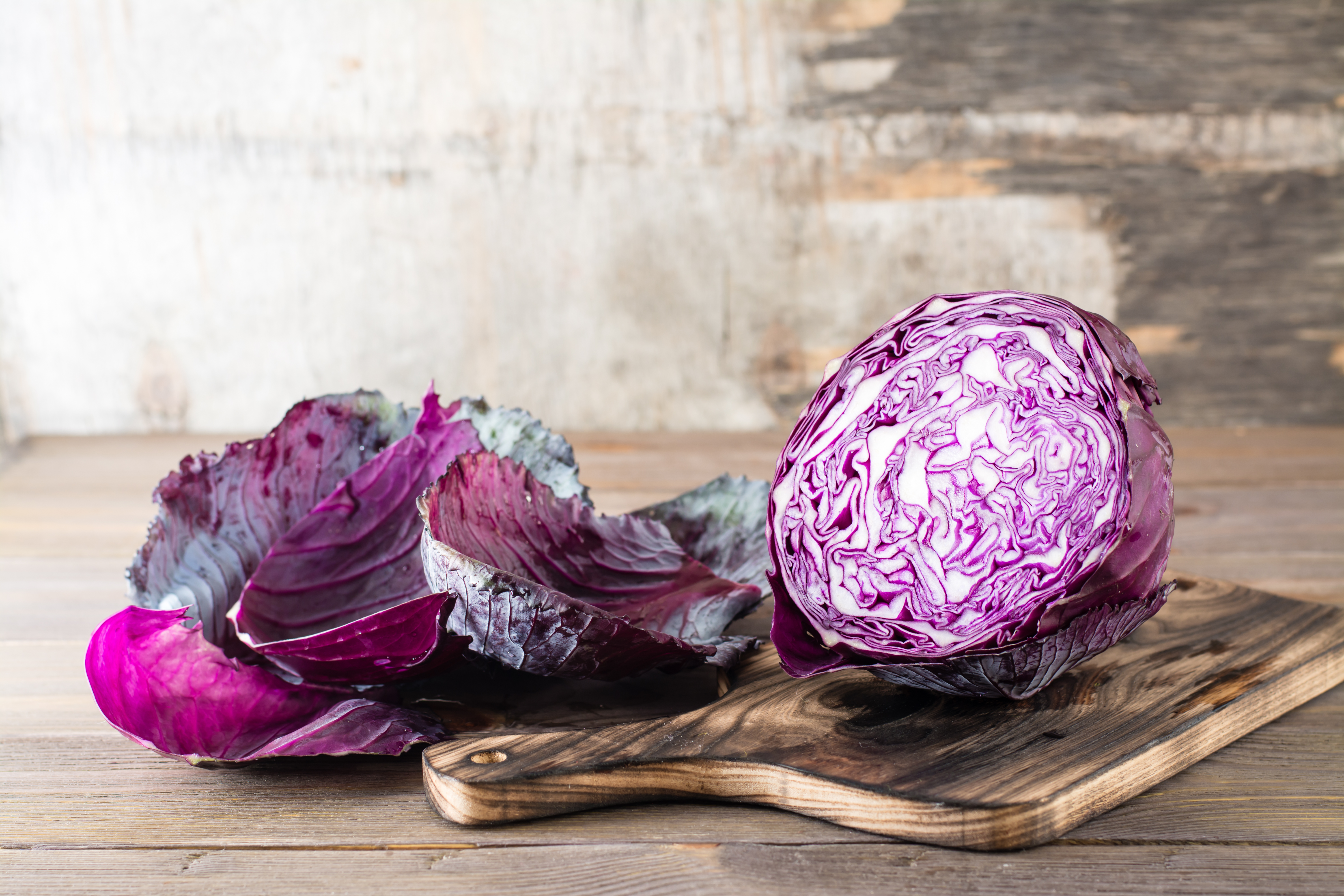
Often overshadowed by kale and spinach, red cabbage is one of the most antioxidant-rich vegetables you can eat—especially when eaten raw or lightly cooked. It contains powerful anthocyanins (the same compounds found in blueberries) that fight inflammation, support heart health, and may protect against cognitive decline. It's also high in vitamin C and vitamin K, supporting immune and bone health. Shredded into slaws, tossed in salads, or fermented into sauerkraut, red cabbage is a vibrant, crunchy way to load up on nutrients.
24. Sardines – The Tiny Fish with Big Benefits
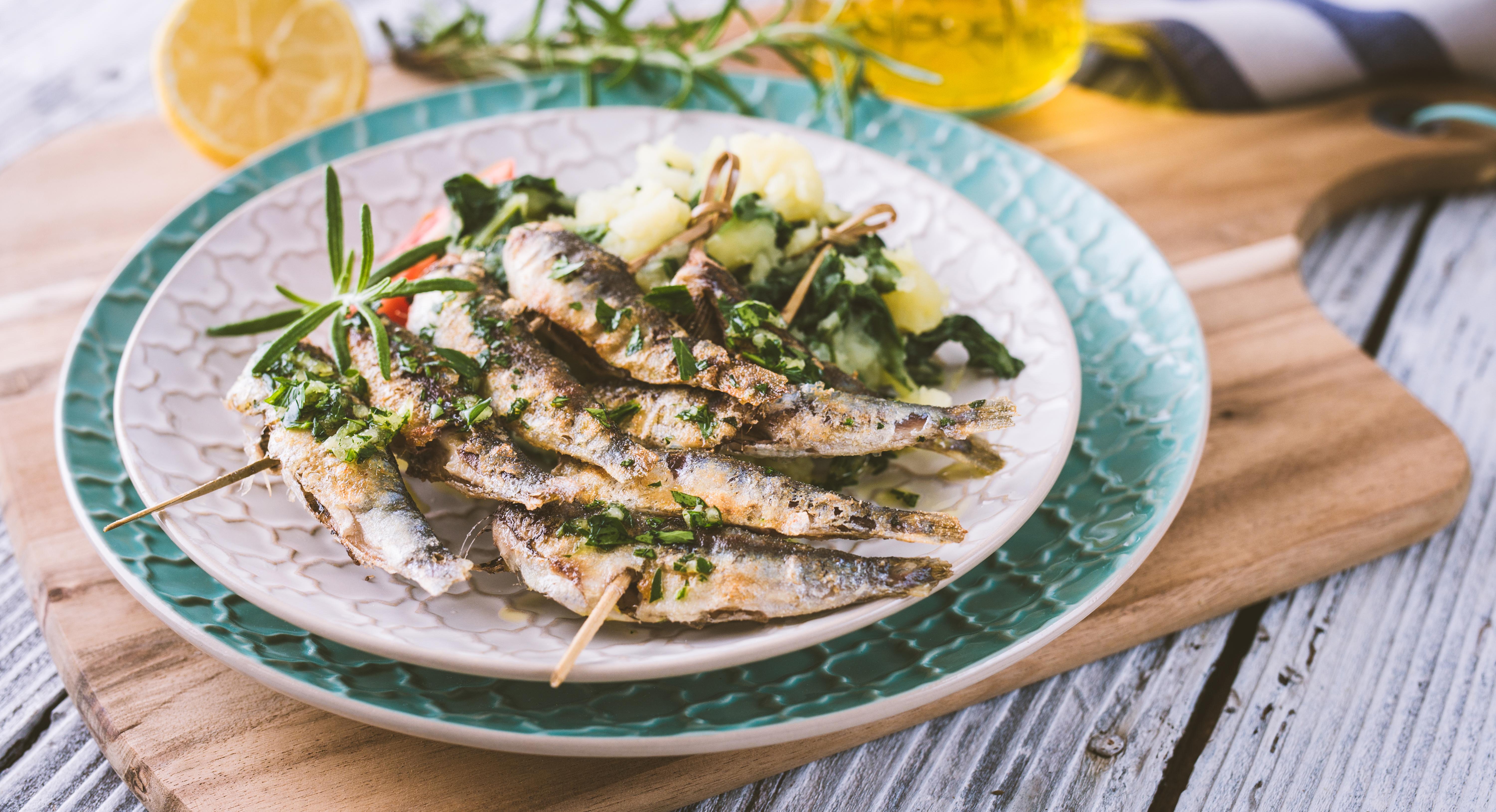
Don’t let their size fool you—sardines are a nutritional powerhouse. These small oily fish are packed with omega-3 fatty acids, which support heart and brain health, as well as calcium and vitamin D for strong bones. They’re also one of the few food sources of natural CoQ10, which plays a key role in cellular energy production. Since they’re low on the food chain, sardines are also low in mercury. Enjoy them grilled, on toast, or tossed into salads for a savory and sustainable source of nutrition.
25. Moringa – The Miracle Tree Leaf
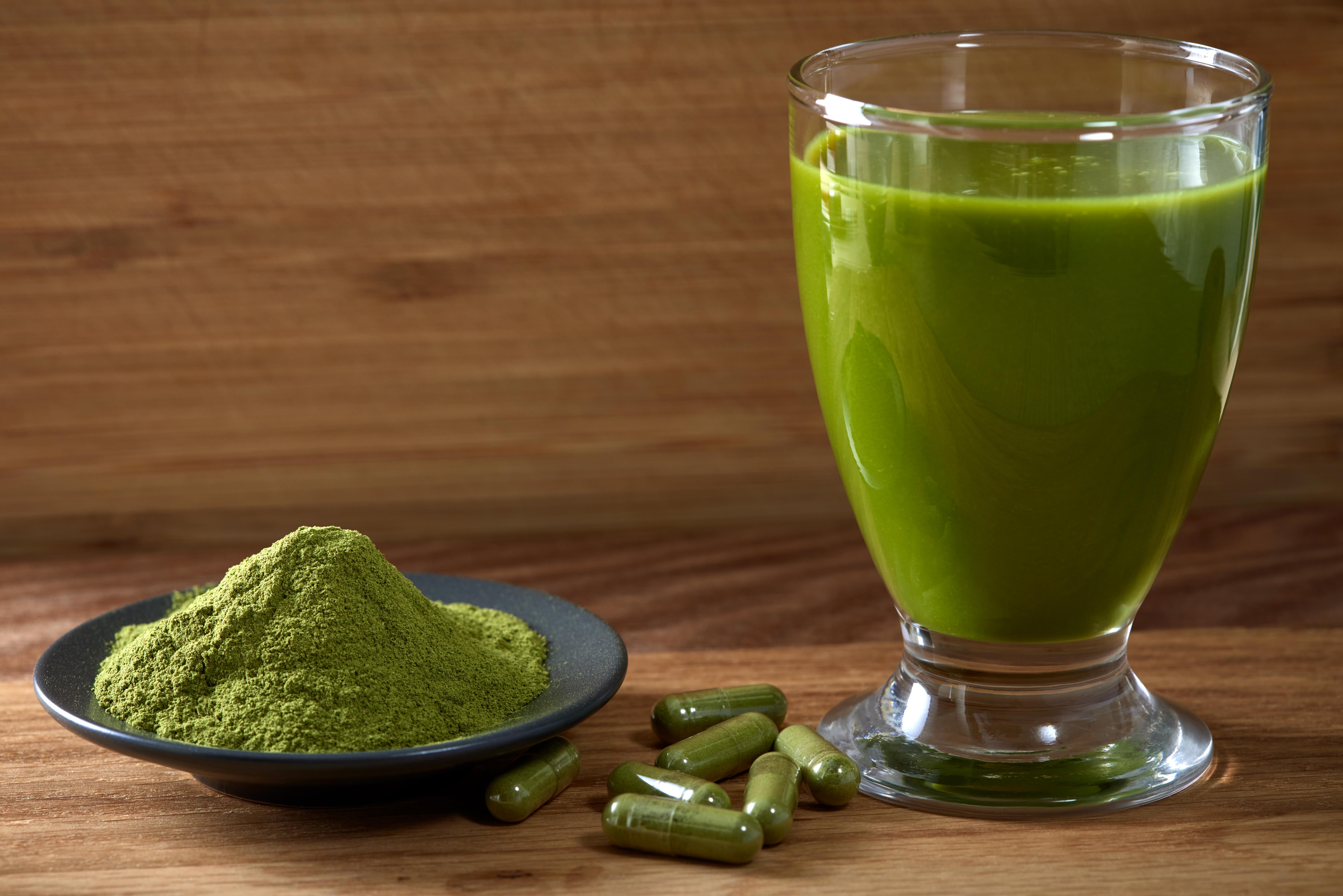
Moringa, sometimes called the “miracle tree,” has leaves rich in vitamin A, vitamin C, calcium, iron, and protein. It’s also loaded with antioxidants like quercetin and chlorogenic acid, which may help reduce blood sugar and lower inflammation. Moringa powder can be added to smoothies, soups, or even used as a herbal tea. For anyone seeking plant-based energy and nourishment, moringa offers one of the most concentrated sources of nutrients per gram of any leafy green.
26. Kiwifruit – The Gut-Supporting Vitamin C Bomb
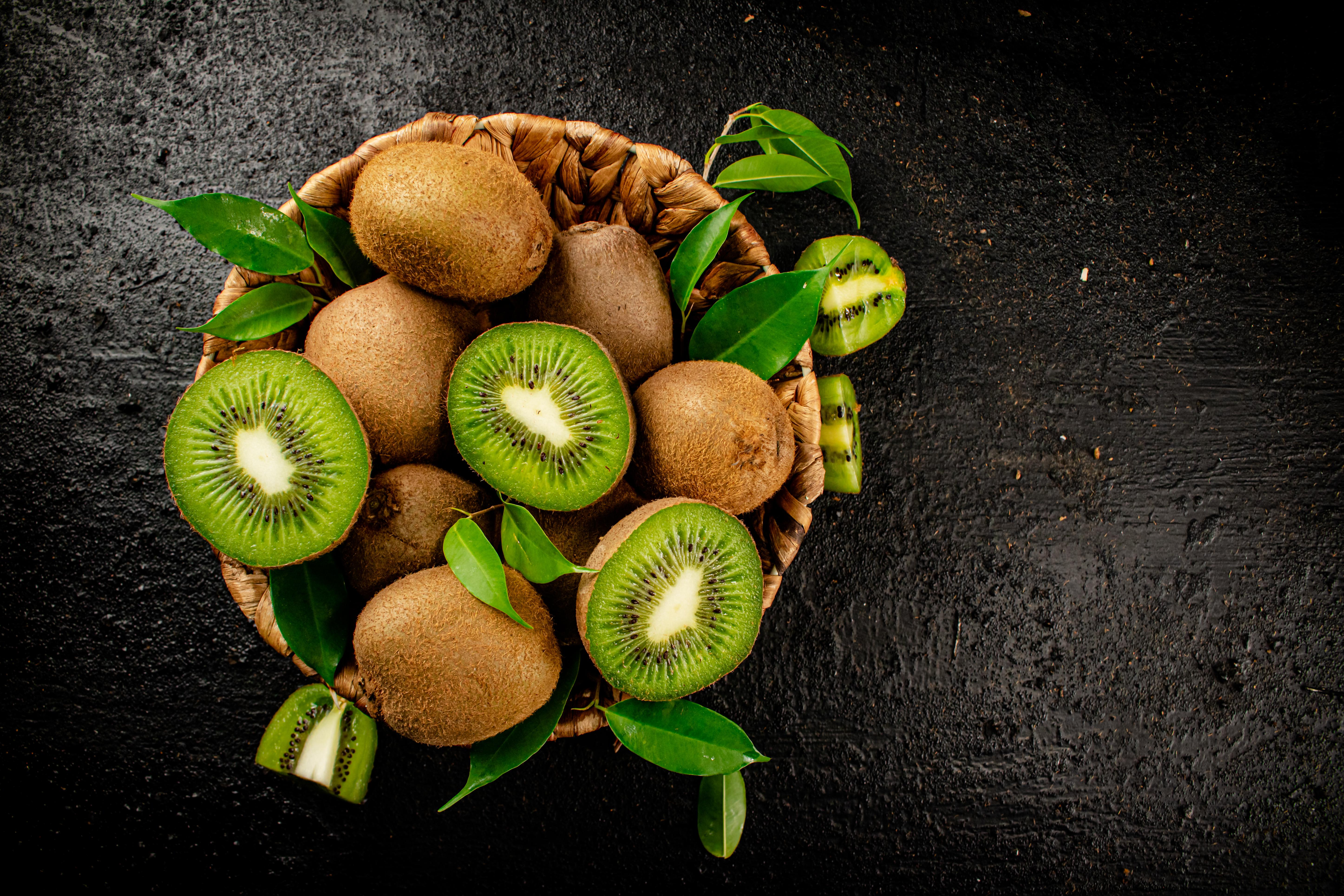
This small, fuzzy fruit is a vitamin C powerhouse—often offering more than an orange per serving. But what makes kiwi stand out is its digestive benefits. It contains actinidin, a natural enzyme that helps break down proteins, making it a great addition to meals heavy on meat or dairy. Rich in fiber and antioxidants, kiwis also support immune health and skin vitality. Bonus: eating the skin (yes, it’s edible!) triples the fiber content.
27. Pumpkin Seeds – The Sleep and Mood Mineral Booster
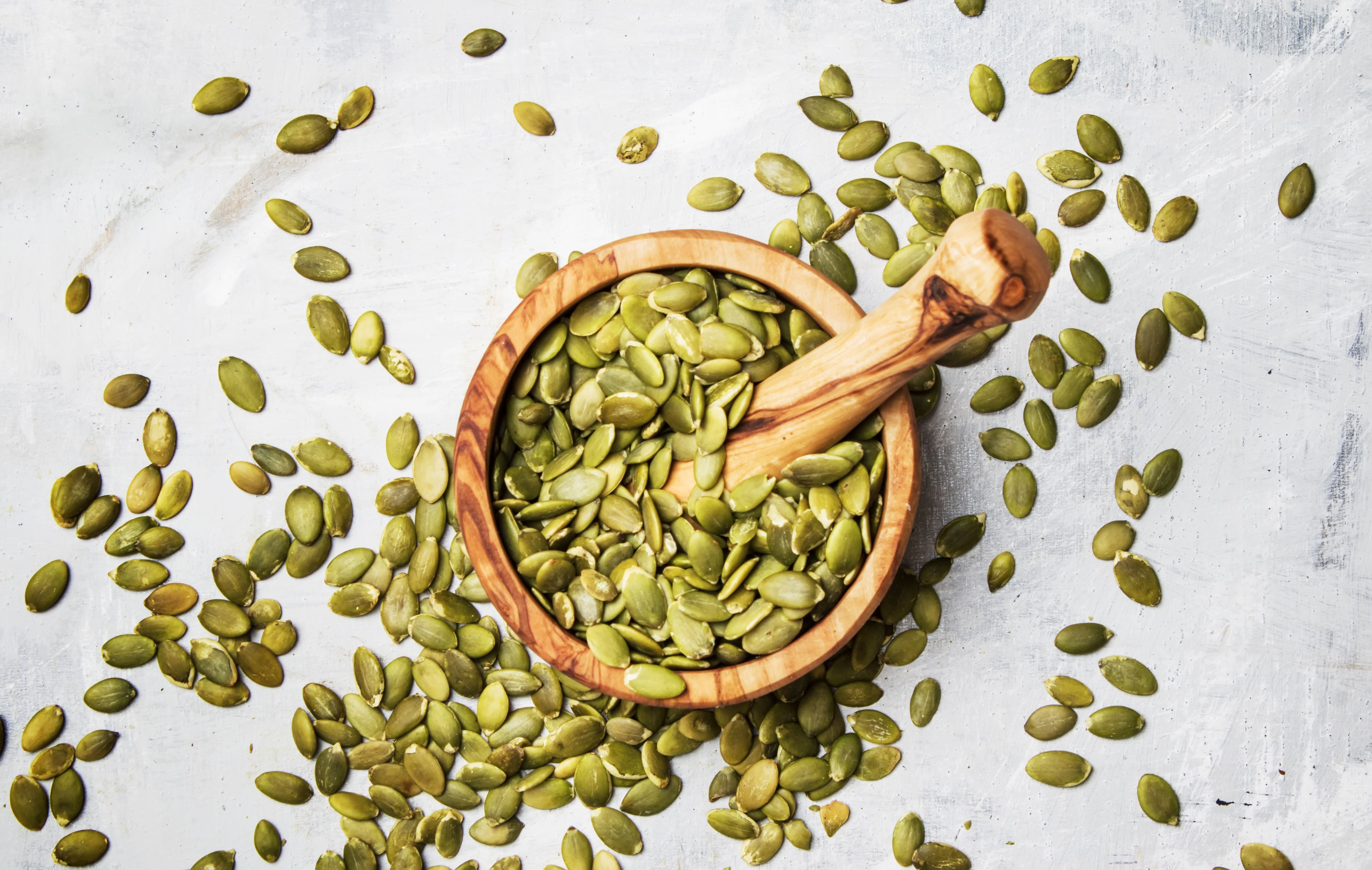
Also known as pepitas, pumpkin seeds are a concentrated source of magnesium—a mineral many people are deficient in but crucial for sleep, mood regulation, and muscle function. They also contain zinc, iron, healthy fats, and tryptophan, an amino acid that supports serotonin production. Enjoy them roasted as a snack, sprinkled on yogurt or oatmeal, or blended into homemade seed butter for a calming, nutrient-dense treat.
28. Tahini – The Creamy Calcium-Rich Superpaste
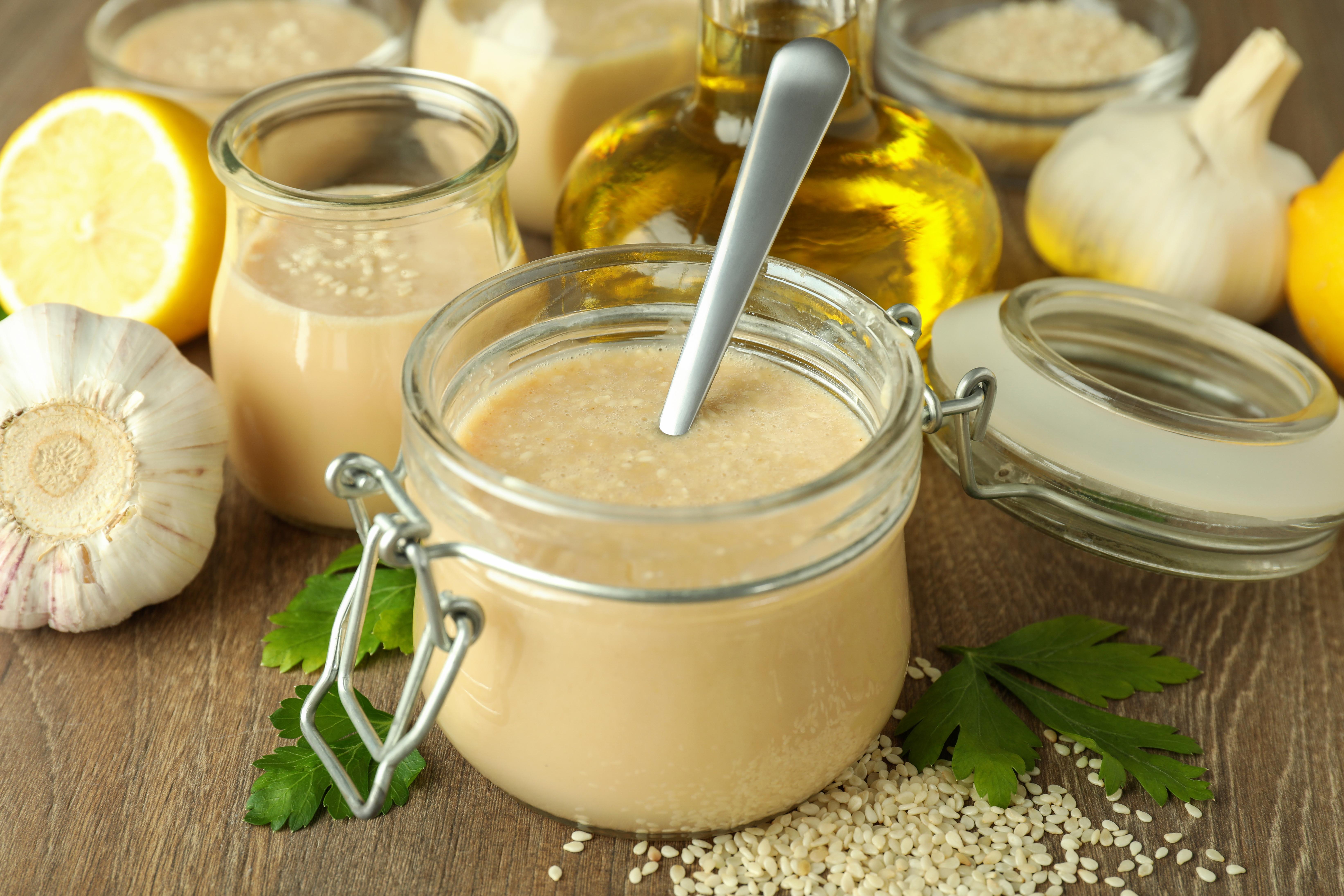
Made from ground sesame seeds, tahini is a Mediterranean staple that’s gaining attention for its incredible nutrient profile. It’s rich in plant-based calcium, iron, and healthy fats, and contains lignans—antioxidants that may help balance hormones and reduce inflammation. Tahini also provides amino acids and supports brain function thanks to its high vitamin B1 content. Drizzle it on roasted vegetables, stir into dressings, or use as a creamy base for dips and sauces.
29. Edamame – The Protein-Packed Green Soybean
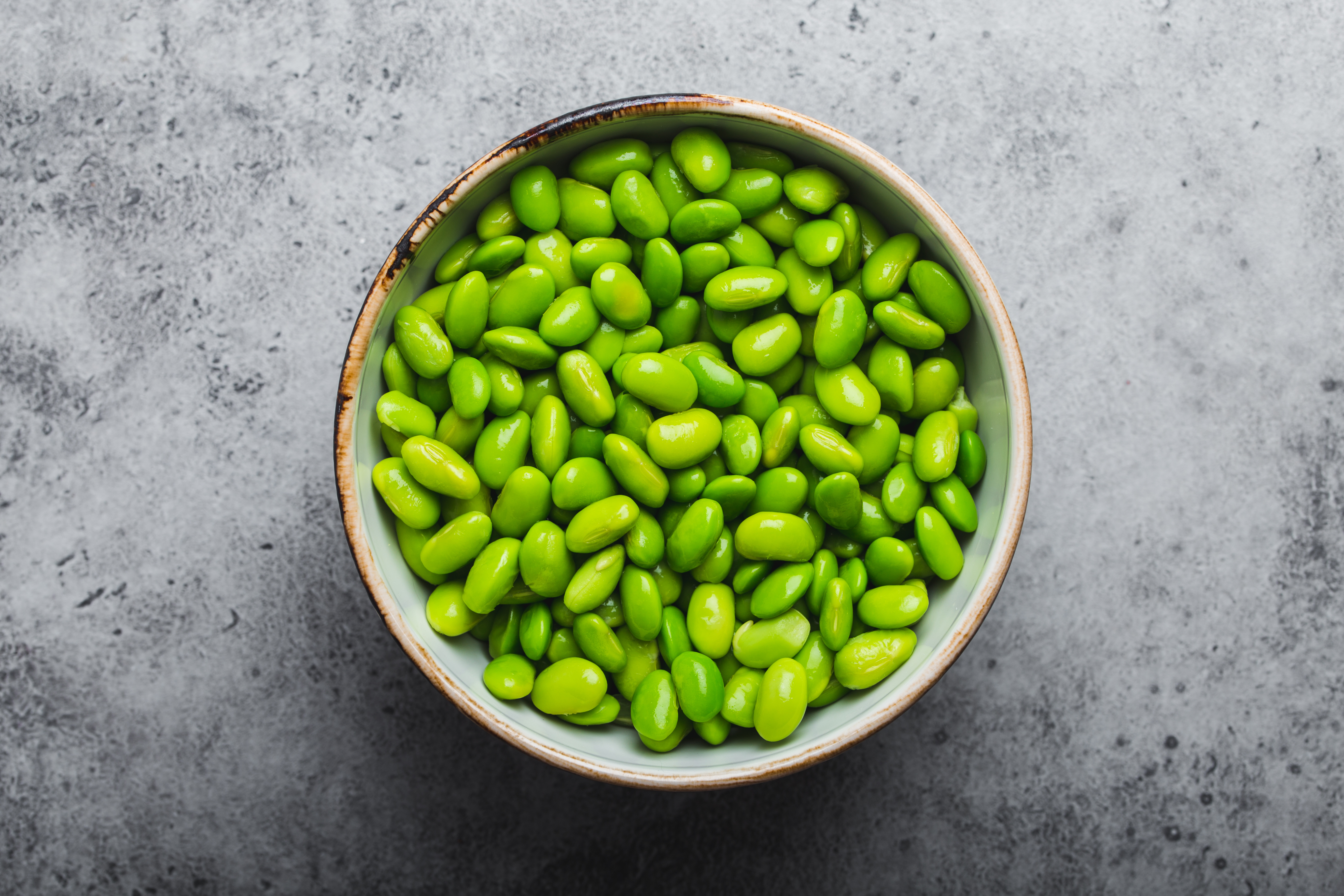
Edamame, or young green soybeans, are one of the few plant-based complete protein sources. Just one cup delivers about 17 grams of protein, plus folate, iron, and vitamin K. Edamame is also high in isoflavones—plant compounds shown to support heart health and potentially reduce symptoms of menopause. Whether steamed as a snack or tossed into salads and grain bowls, edamame is a versatile, satisfying, and protein-rich addition to your diet.
30. Arugula – The Spicy Supergreen for Detox and Heart Health
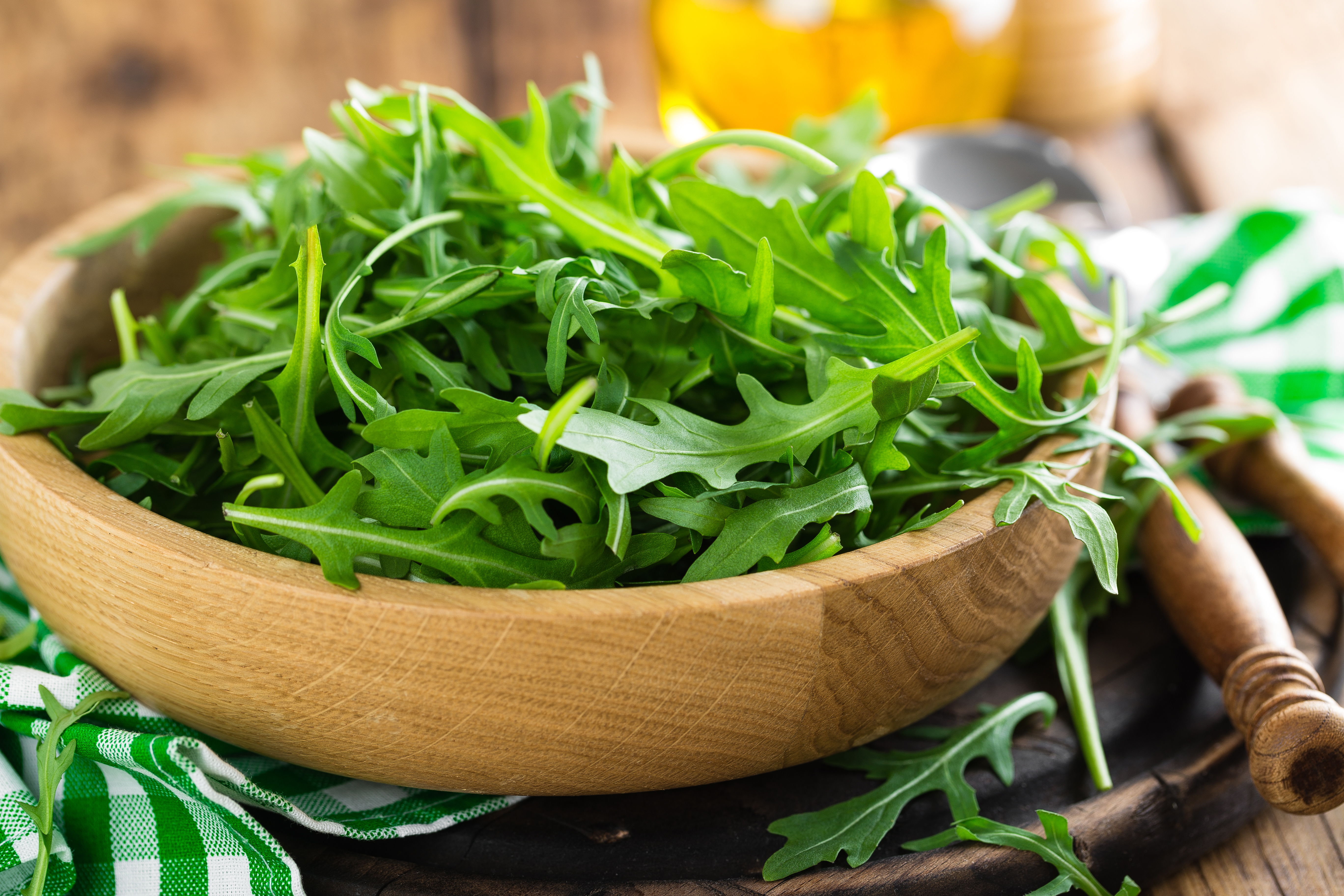
This peppery leafy green may be small in stature, but it’s big on flavor and benefits. Arugula is high in nitrates, which help dilate blood vessels and improve circulation—beneficial for heart health and physical performance. It’s also a source of glucosinolates, compounds that support the body’s detox pathways. Arugula shines raw in salads or blended into pestos, adding both a nutritional punch and a peppery kick.
31. Teff – The Tiny Grain with Big Fiber and Iron
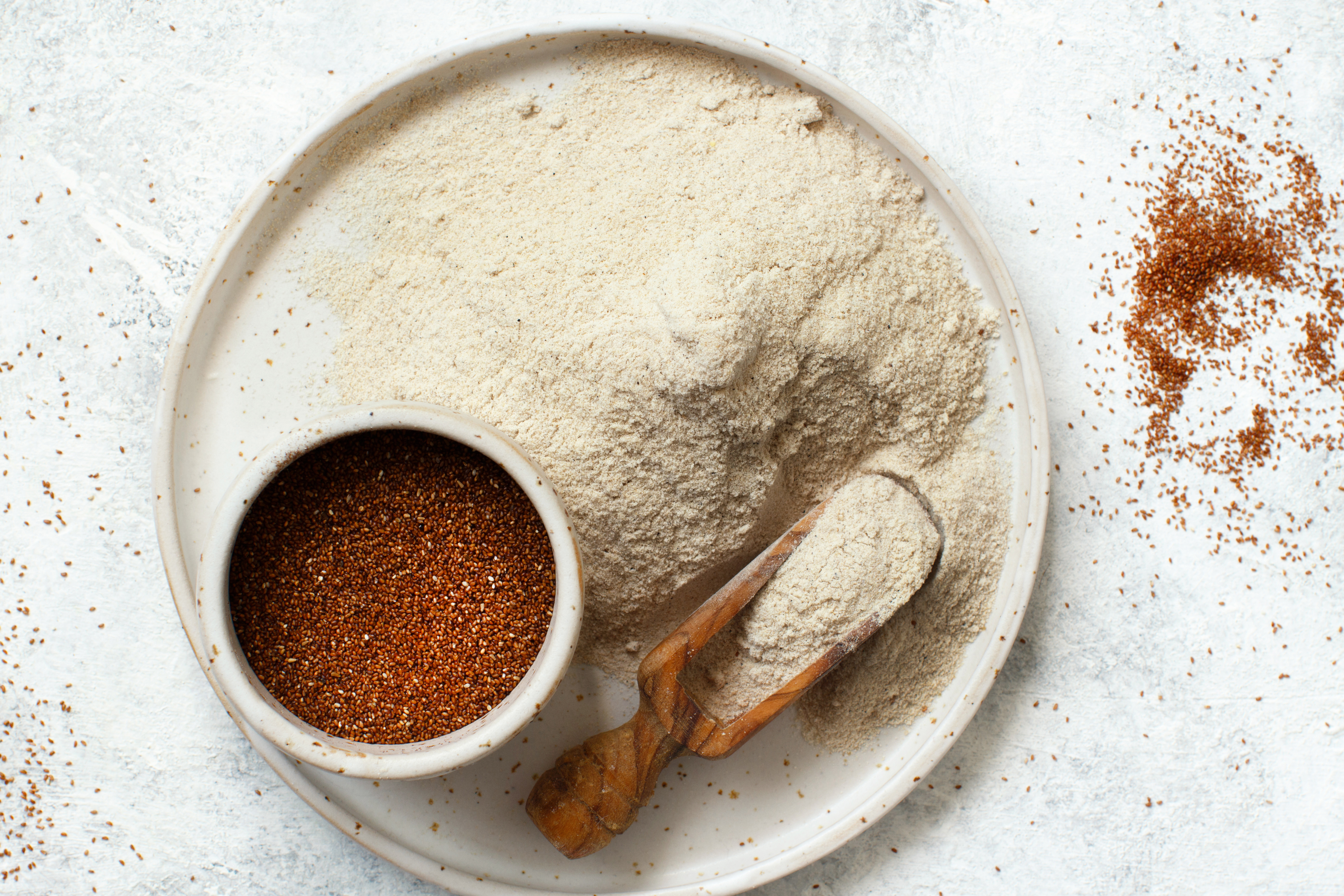
An ancient grain native to Ethiopia, teff is gluten-free and packed with fiber, iron, calcium, and resistant starch, which supports gut health and blood sugar stability. It’s a complete protein and a staple of Ethiopian cuisine, often used in injera flatbread. With its nutty flavor and impressive nutrient content, teff is a fantastic alternative to rice or oatmeal and is especially beneficial for those seeking to increase their iron or fiber intake naturally.
32. Camu Camu – The Immune-Strengthening Amazonian Berry
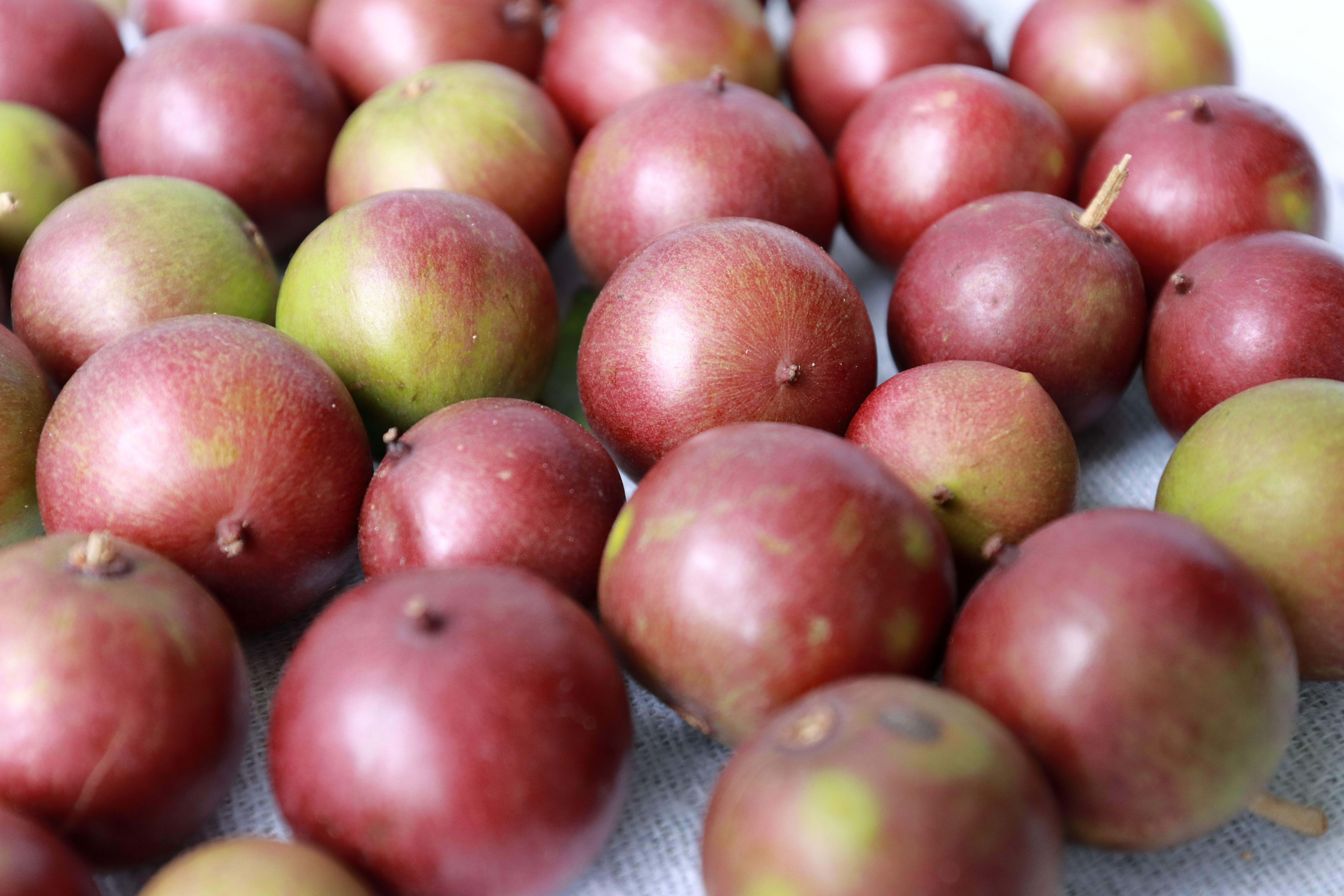
Camu camu is a tropical fruit from the Amazon rainforest with one of the highest natural concentrations of vitamin C on the planet—up to 60 times more than an orange. This makes it a powerful immune booster and antioxidant source. It also supports collagen production and may help reduce inflammation. Available as a powder, camu camu is tart and citrusy—perfect for adding to smoothies, juices, or yogurt for a potent immune-boosting punch.
33. Beets (Beetroot): The Circulation & Stamina Booster
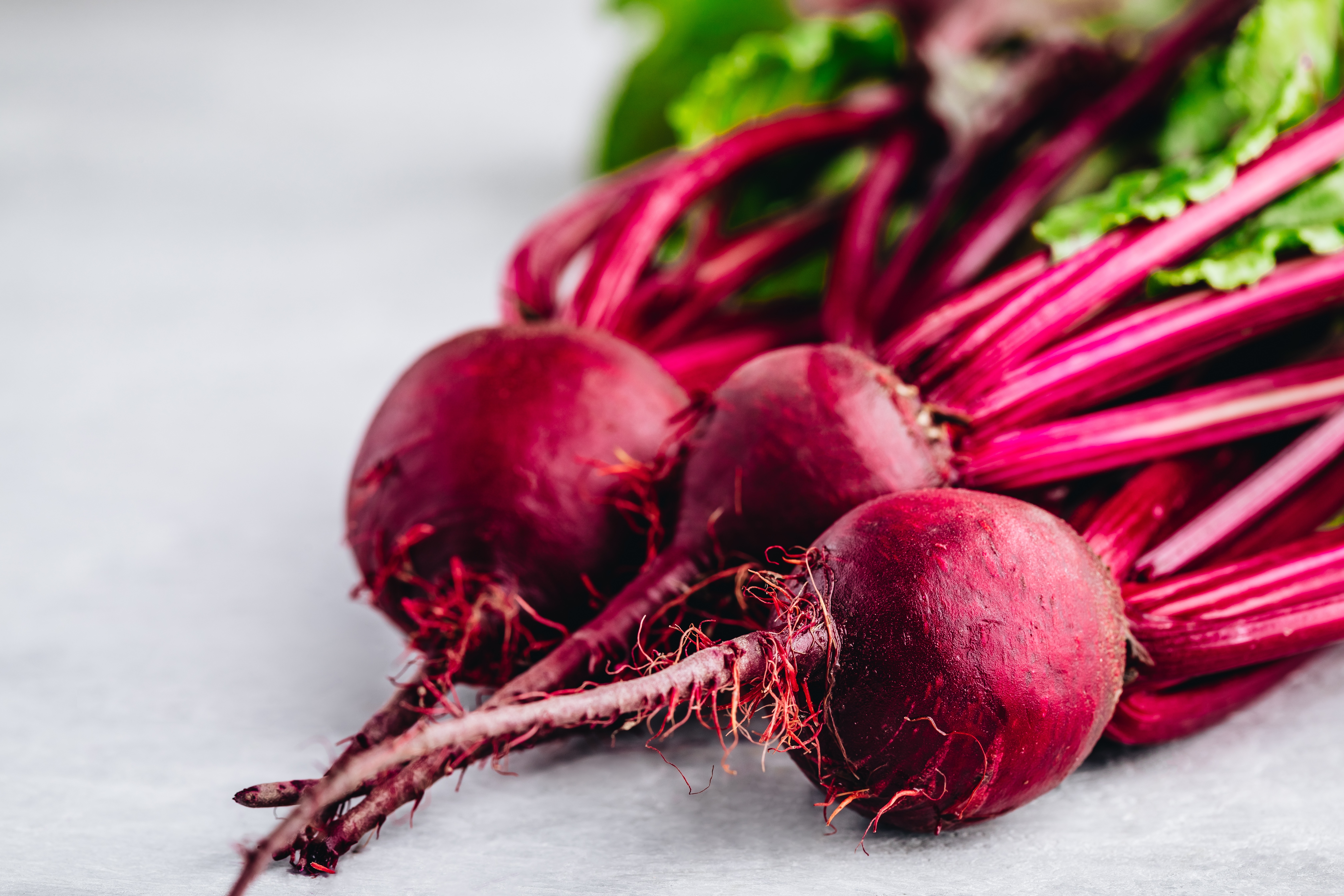
Earthy and vibrant, beets are nitrate powerhouses. Your body converts these nitrates into nitric oxide, a molecule that relaxes blood vessels, improving blood flow, lowering blood pressure, and potentially enhancing athletic stamina. Beets also boast unique antioxidants called betalains, responsible for their deep red hue, which possess potent anti-inflammatory properties. Enjoy them roasted, juiced (in moderation), pickled, or grated raw into salads to harness their circulatory and protective benefits for heart health and physical performance.
34. Shiitake Mushrooms: The Immune-Supporting Umami Bomb
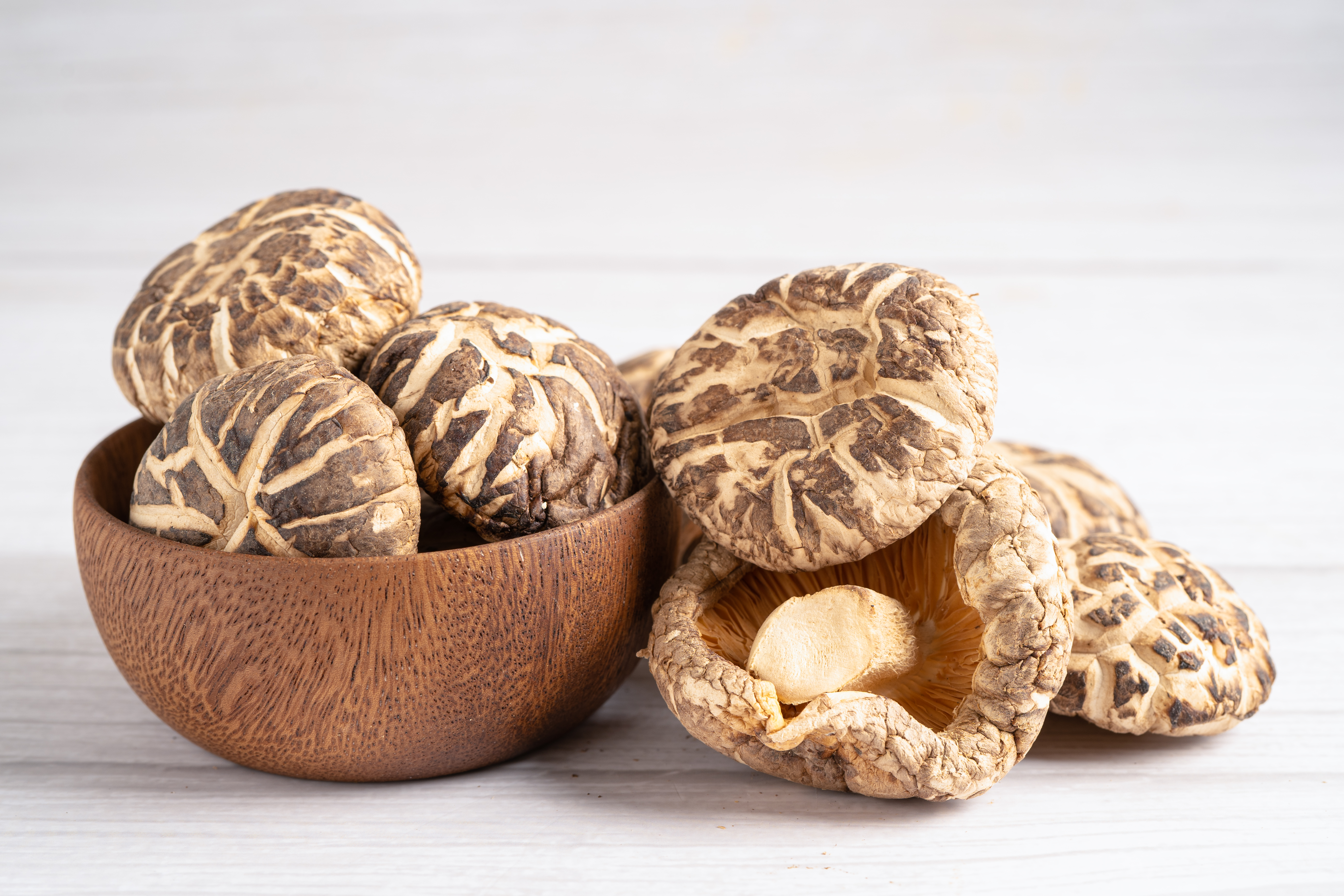
These flavorful fungi offer more than just savory depth (umami). Shiitake mushrooms contain lentinan and other beta-glucans, polysaccharides known to stimulate the immune system and exhibit anti-cancer properties. They are also one of the few plant-based sources of vitamin D (if UV-exposed) and provide B vitamins and minerals like selenium. Sautéed, added to soups, or steeped into broths, shiitakes bring both delicious flavor and significant immune-supporting compounds to your meals.
35. Globe Artichokes: The Liver & Digestive Ally
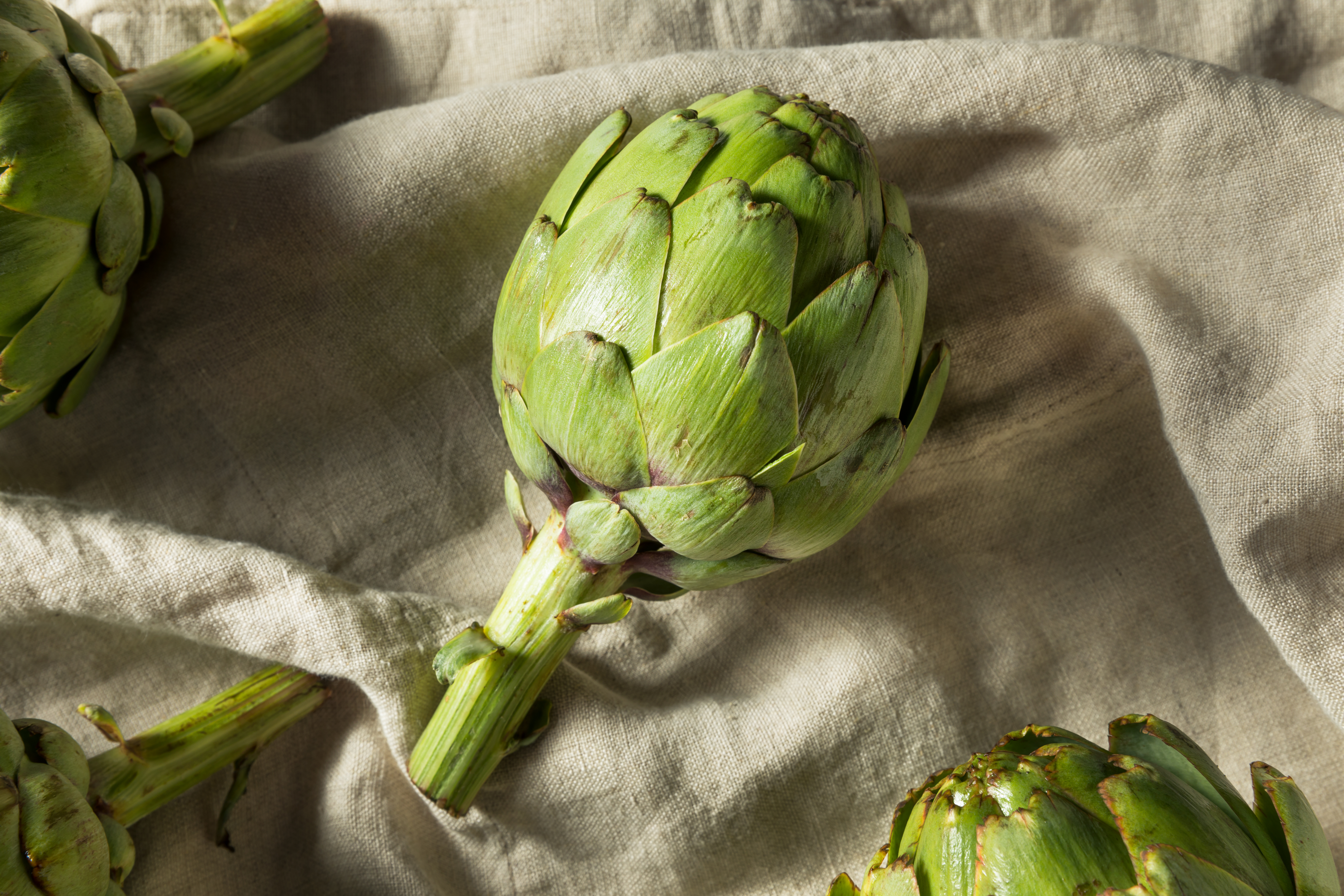
Beyond their edible hearts lie potent compounds. Artichokes contain cynarin and silymarin, antioxidants known to support liver function and bile production, aiding in detoxification and fat digestion. They are also incredibly rich in fiber, particularly the prebiotic fiber inulin, which nourishes beneficial gut bacteria and promotes digestive regularity. Steamed, grilled, or added to dips, artichokes offer a unique combination of liver support, digestive aid, and prebiotic fuel for a happy gut.
36. Black Rice (Forbidden Rice): The Antioxidant Grain
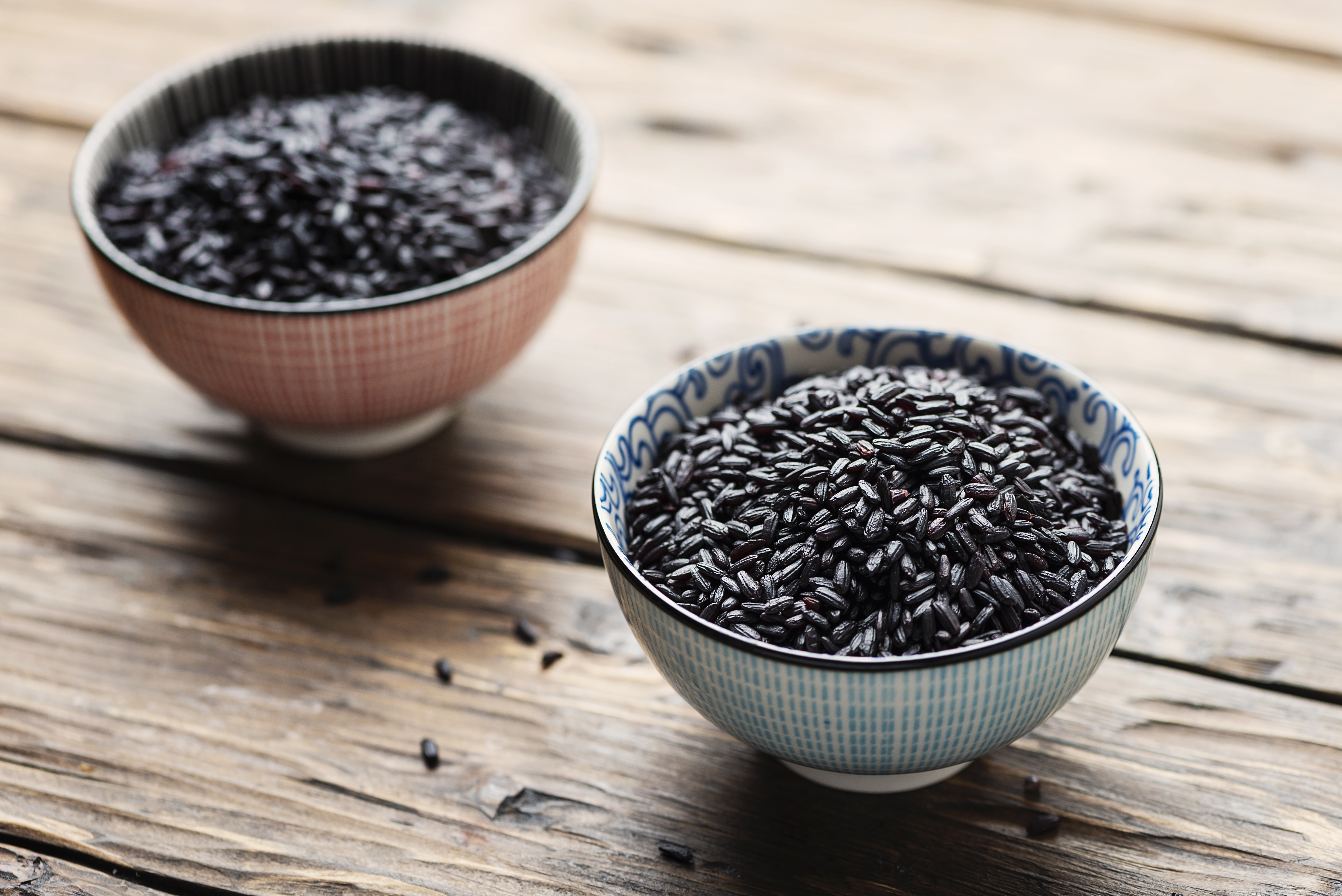
Move over, brown rice! Black rice, often called "forbidden rice," boasts a stunning dark purple hue thanks to its high concentration of anthocyanins—the same powerful antioxidants found in blueberries and acai. These compounds fight inflammation and protect cells from damage. Black rice also offers more fiber and protein than most other rice varieties, contributing to better blood sugar control and satiety. Its nutty flavor makes it a delicious and visually striking base for grain bowls, stir-fries, or salads.
37. Sacha Inchi Seeds: The Nutty Plant Omega Powerhouse
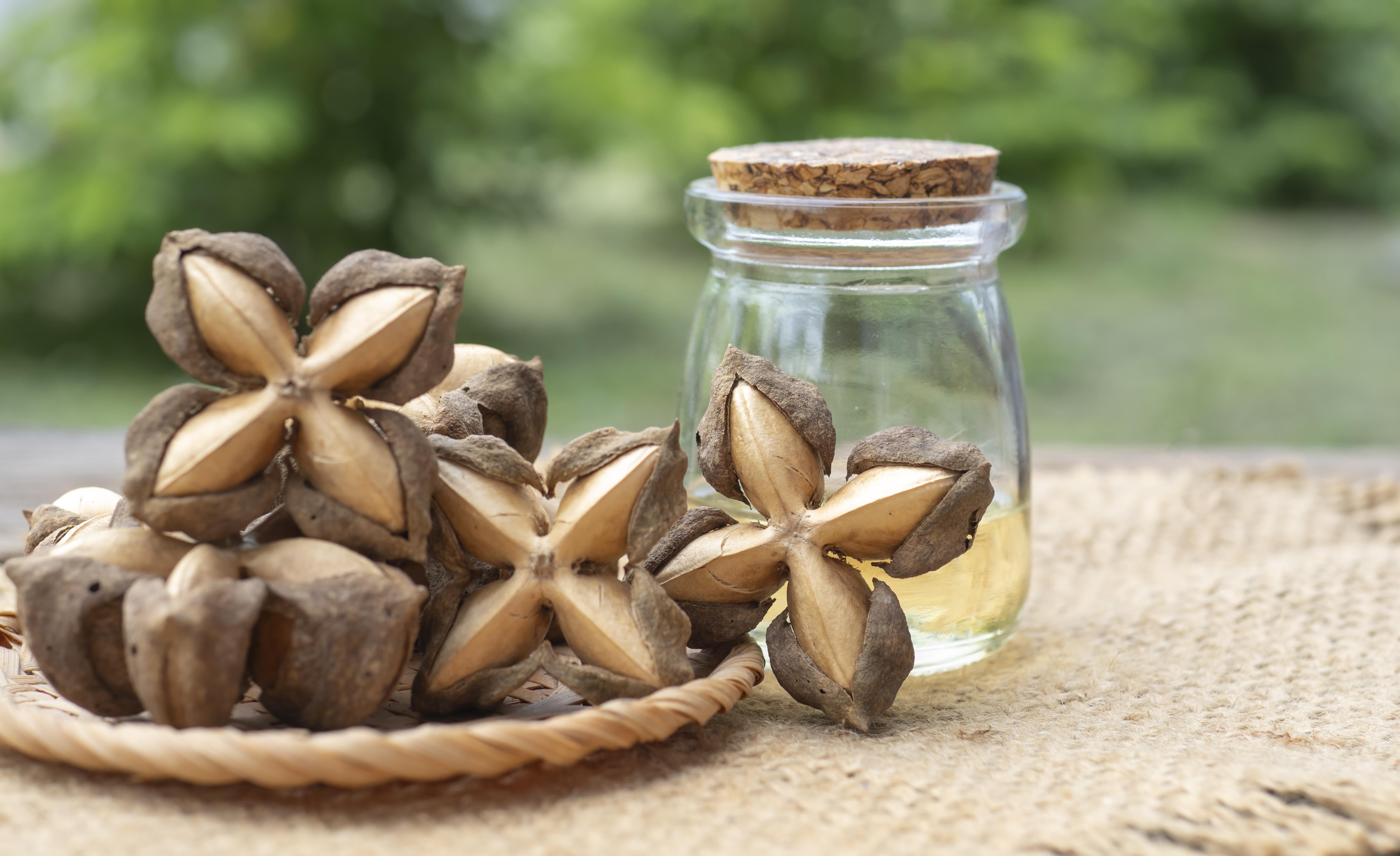
Hailing from the Amazon, these star-shaped seeds (often roasted) are exceptional plant-based sources of alpha-linolenic acid (ALA), an essential omega-3 fatty acid crucial for heart and brain health. Sacha inchi seeds also provide complete protein, containing all nine essential amino acids, along with vitamin E and fiber. With a pleasant nutty taste, they make a great snack on their own or can be added to trail mixes, salads, or smoothies for a potent dose of healthy fats and plant protein.
38. Cranberries (Unsweetened): The Urinary Tract Protector
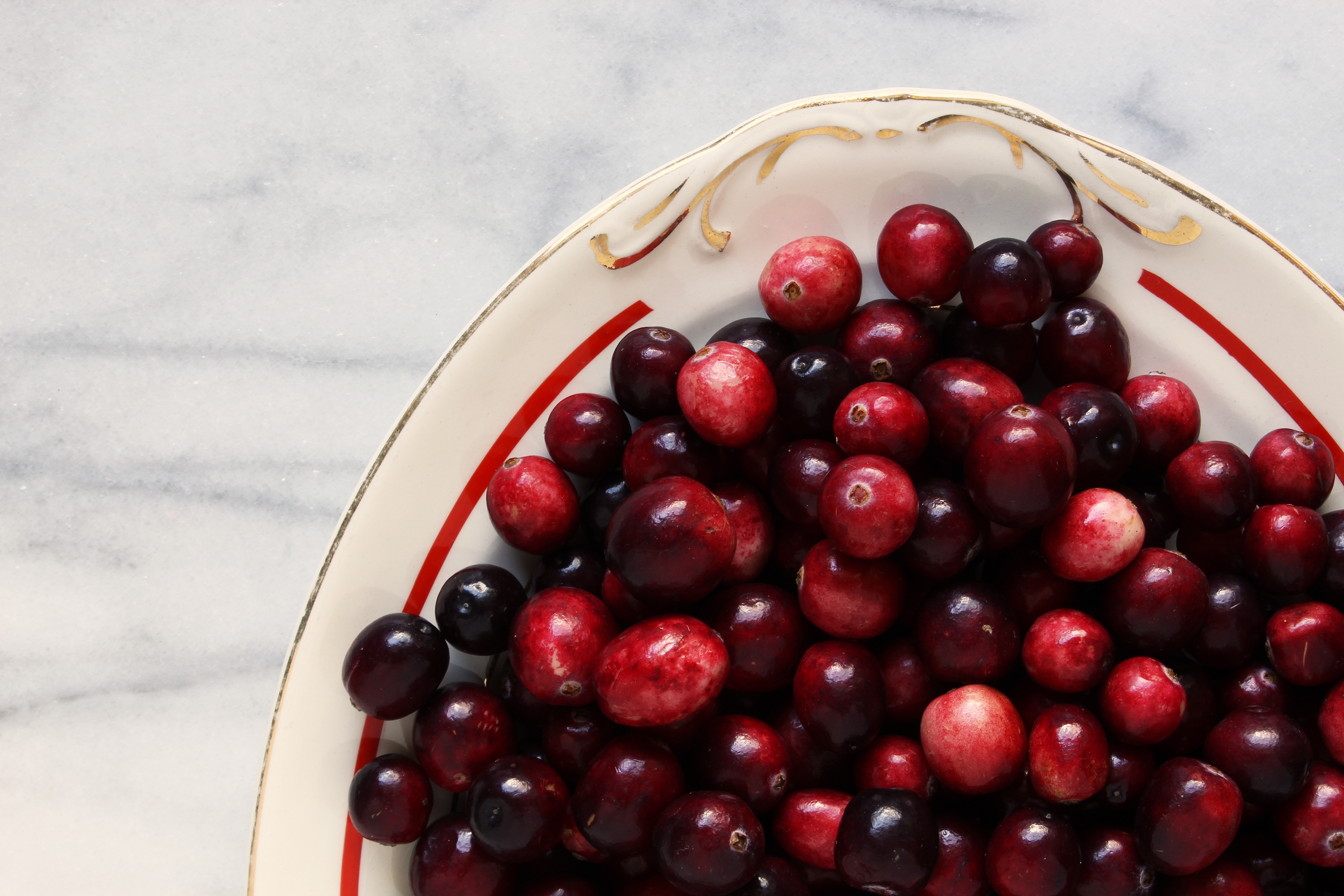
Famous for preventing urinary tract infections (UTIs), cranberries contain unique proanthocyanidins (PACs) that prevent bacteria like E. coli from adhering to the bladder wall. Beyond UTI defense, these tart berries are packed with antioxidants like quercetin and vitamin C, supporting immune health and fighting inflammation. Opt for unsweetened dried cranberries, pure cranberry juice (diluted), or fresh/frozen berries added to smoothies or sauces to reap their benefits without the added sugar found in many cranberry products.
39. Nutritional Yeast: The Cheesy Vegan B-Vitamin Boost
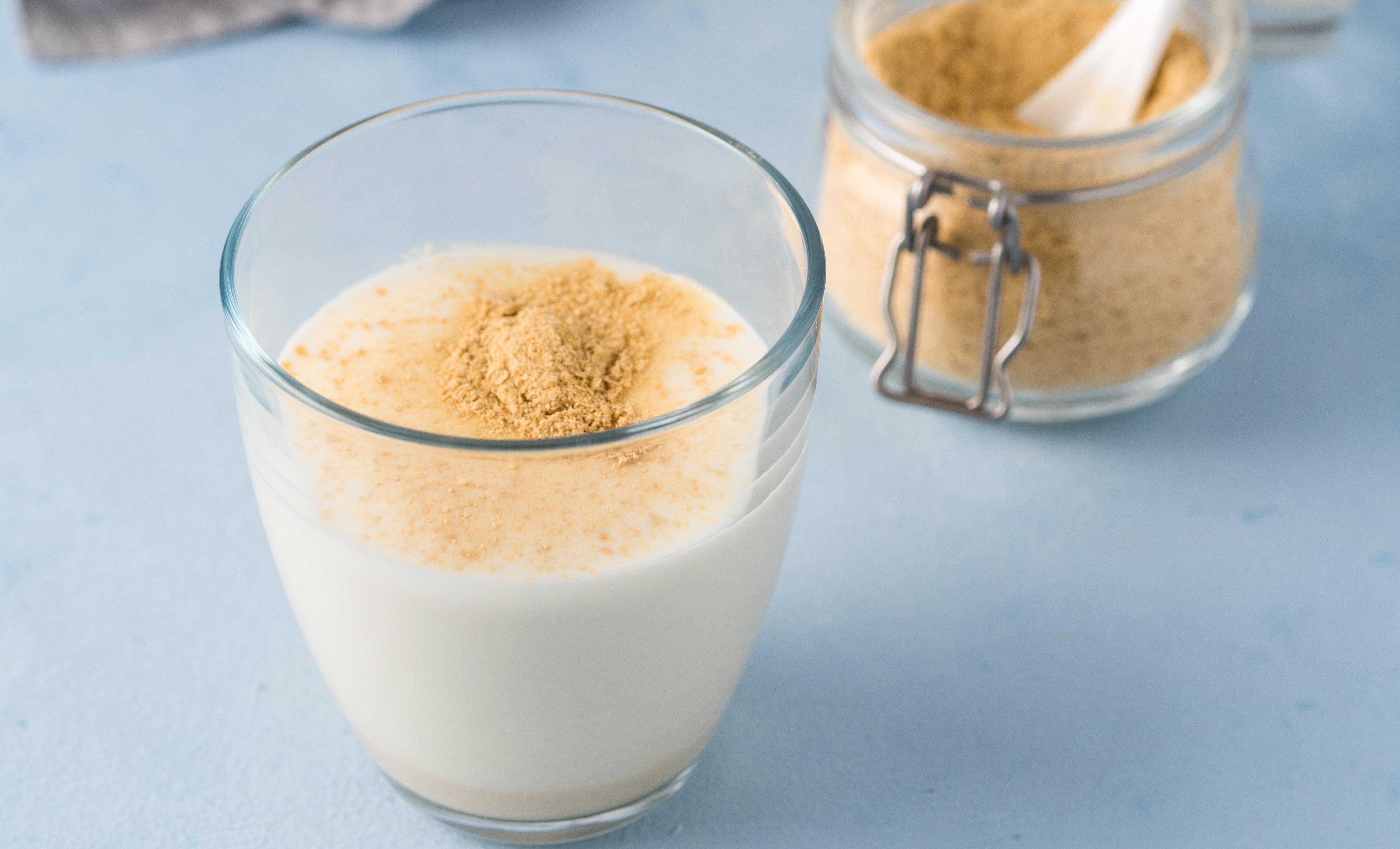
Affectionately called "nooch," nutritional yeast is a deactivated yeast with a surprisingly cheesy, nutty flavor. It's a vegan powerhouse, often fortified with B vitamins, especially vitamin B12—crucial for energy metabolism and nerve function, and often lacking in plant-based diets. It also provides complete protein and minerals like zinc and selenium. Sprinkle it over popcorn, pasta, salads, or blend into sauces for a savory flavor boost and a significant dose of essential nutrients.
40. Acai Berries: The Amazonian Antioxidant Superstar
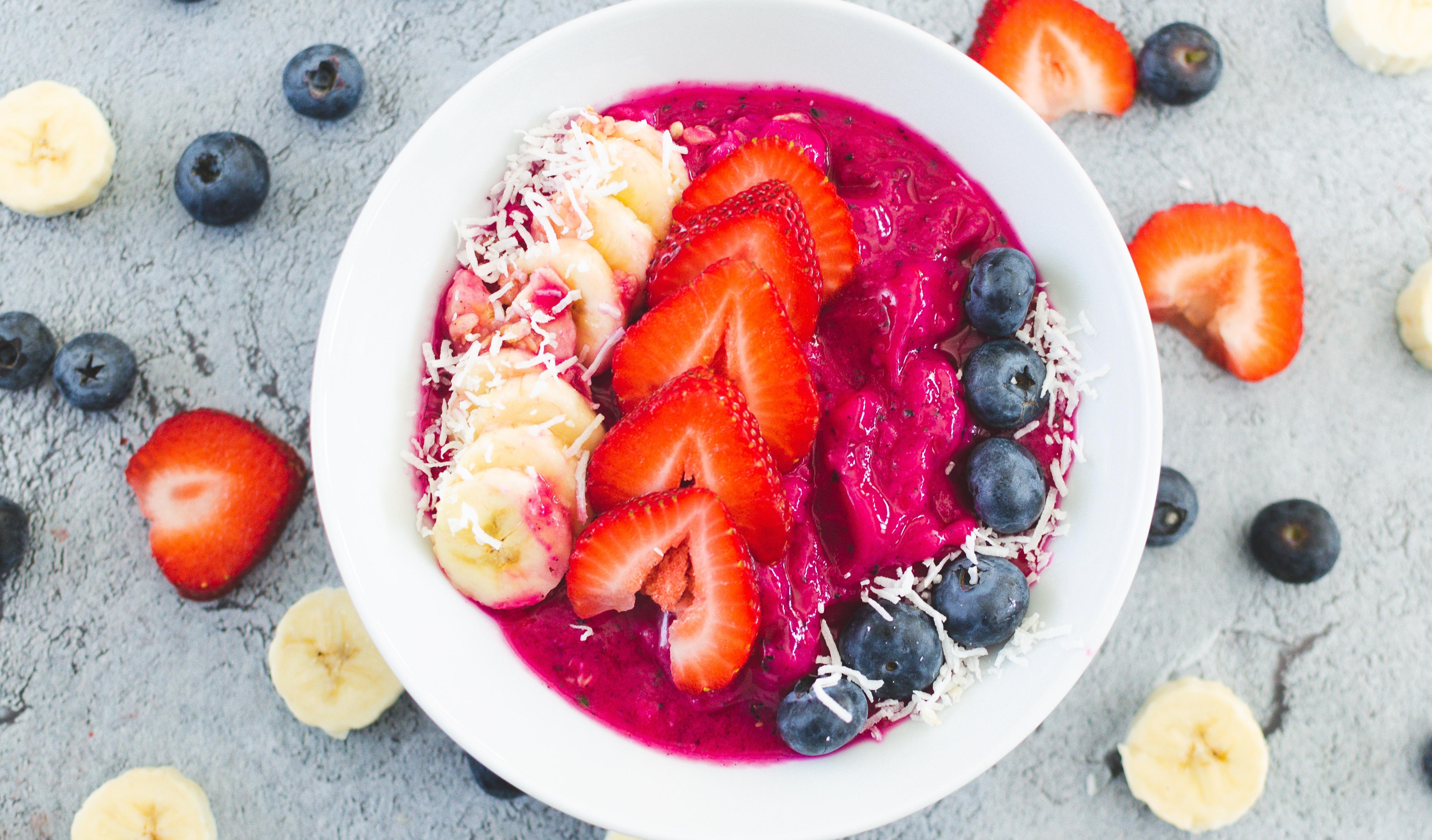
Pronounced "ah-sah-EE," these deep purple berries from the Amazon rainforest are legendary for their incredibly high antioxidant content, particularly anthocyanins, which combat oxidative stress and inflammation. Acai also provides healthy fats (similar to olive oil), fiber, and trace minerals. Commonly found as frozen pulp or powder due to their short shelf life, acai bowls or smoothies offer a potent dose of protective compounds linked to heart health, brain function, and overall vitality.
41. Ginger: The Zesty Anti-Inflammatory & Digestive Aid
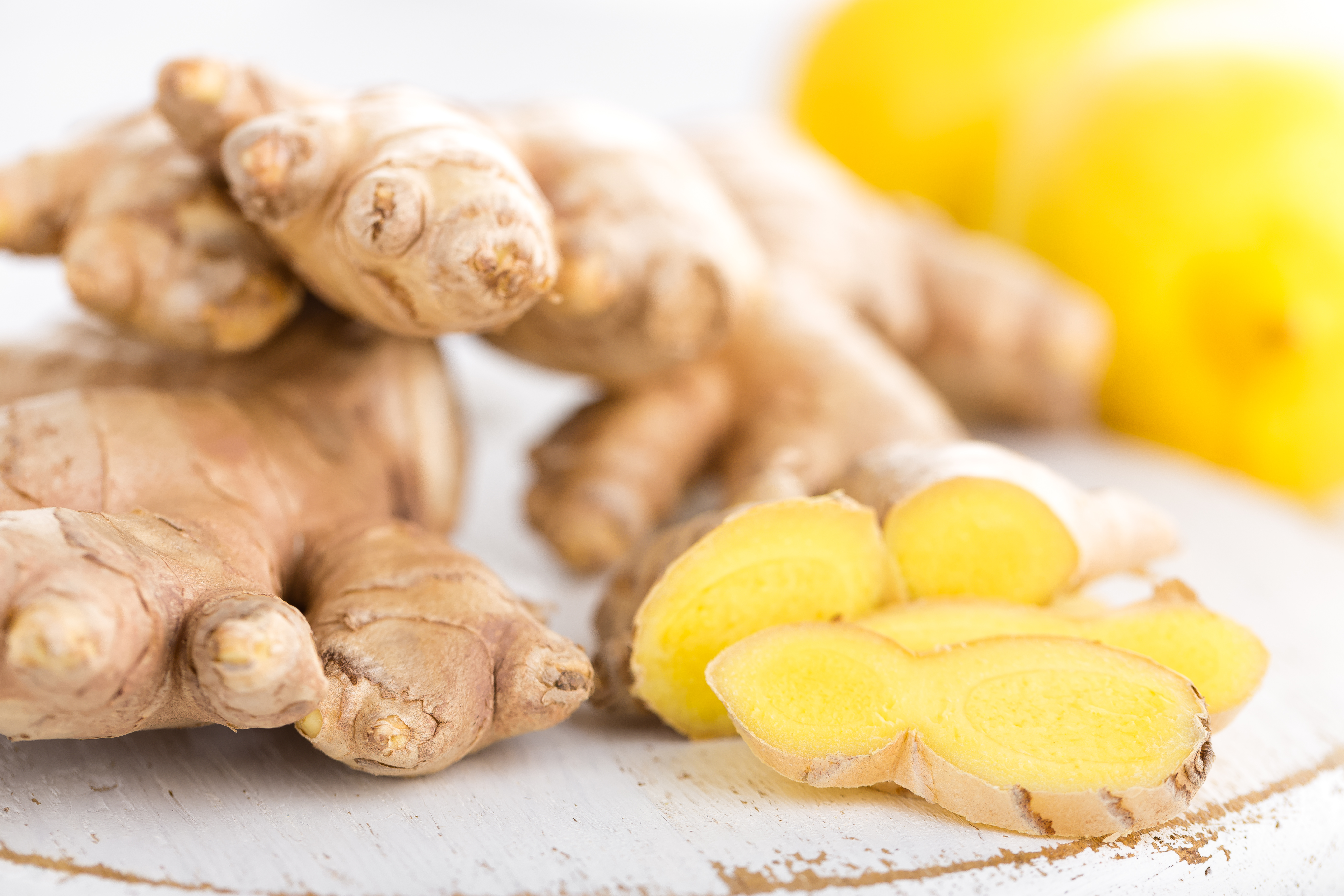
This pungent root is celebrated globally for its powerful medicinal properties. Gingerol, its main bioactive compound, possesses significant anti-inflammatory and antioxidant effects, making it beneficial for soothing sore muscles and potentially easing arthritis pain. Ginger is also famously effective at calming nausea and aiding digestion by stimulating digestive enzymes. Use fresh ginger grated into teas, stir-fries, soups, or smoothies for its zesty kick and potent health benefits for both your gut and inflammatory response.
42. Cacao Nibs: The Pure Chocolate Antioxidant Crunch
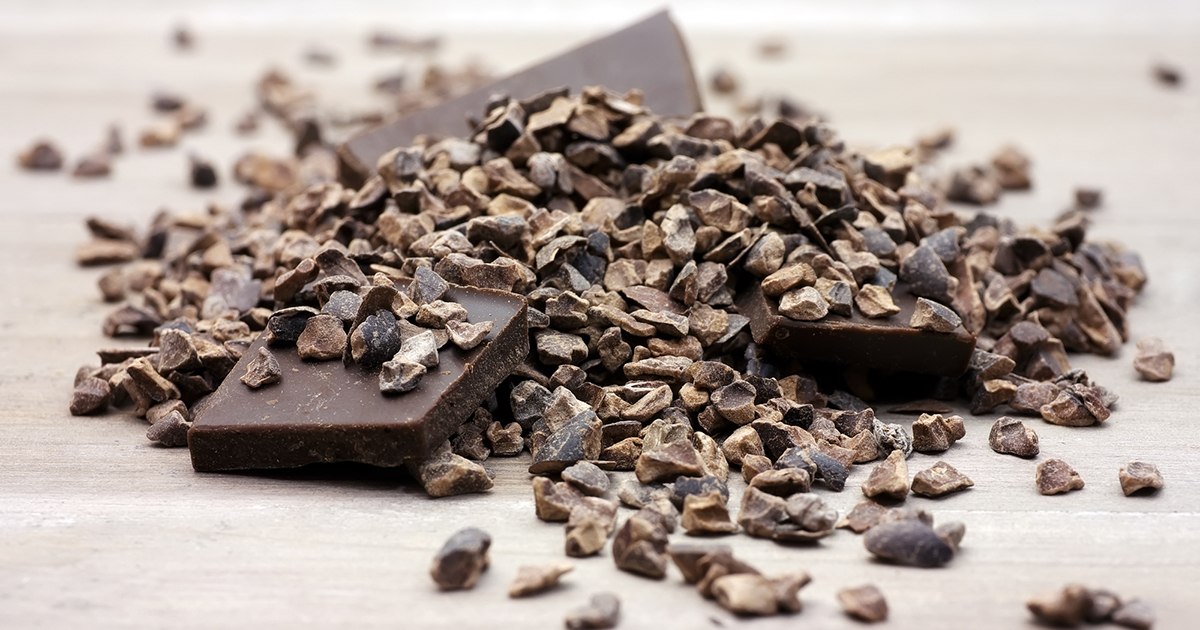
Experience chocolate in its less processed form! Cacao nibs are simply crushed, dried cacao beans. They deliver potent flavonoid antioxidants (even more than dark chocolate bars), magnesium for mood and muscle function, iron for energy, and significant fiber. Unlike chocolate bars, they contain no added sugar, offering a slightly bitter, intensely chocolatey flavor and satisfying crunch. Add them to smoothies, oatmeal, yogurt, trail mixes, or baked goods for a pure antioxidant boost straight from the source.
Supercharge Your Health
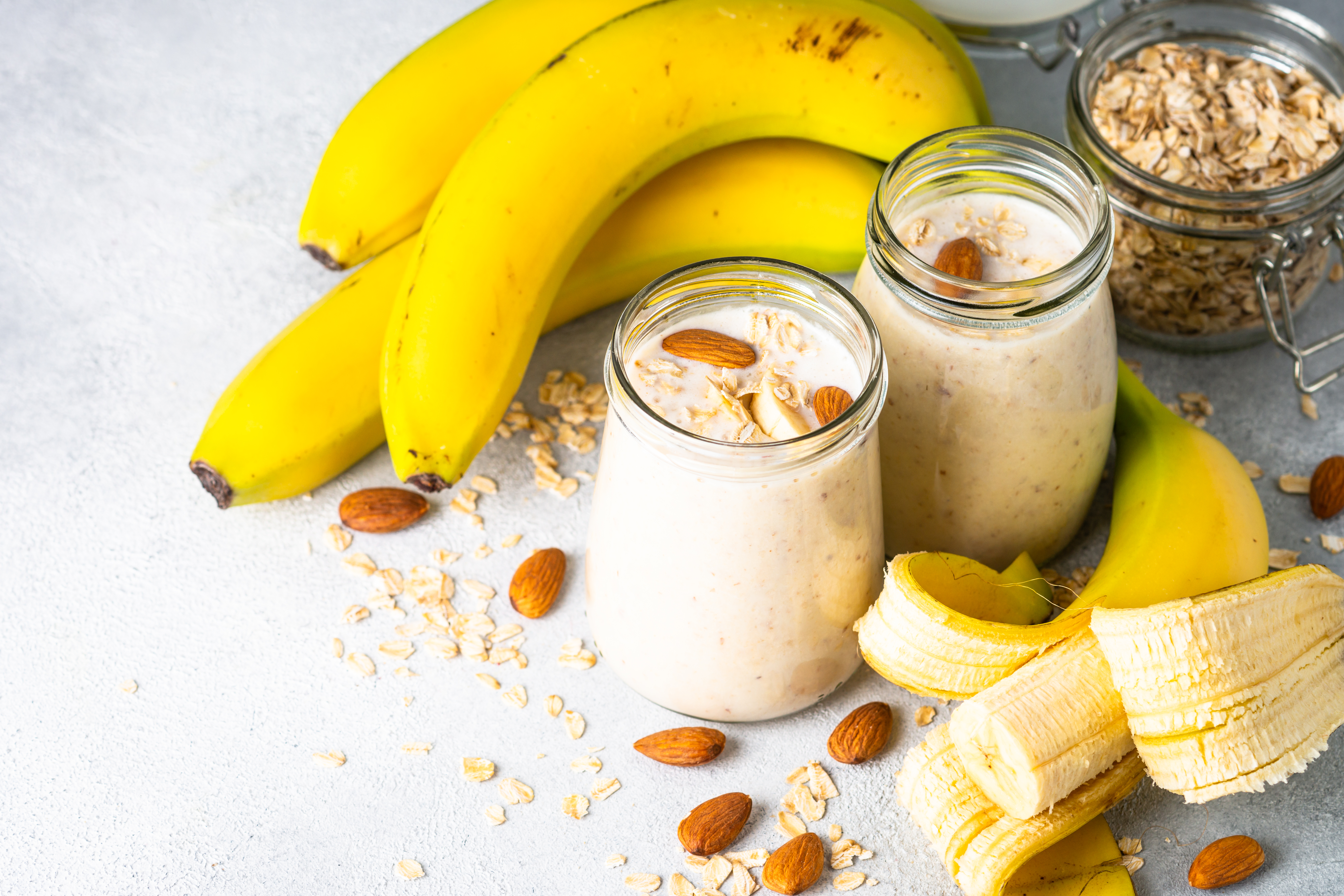
As we conclude our exploration of these 42 powerhouse superfoods, it becomes evident that each offers unique benefits that contribute to overall wellness and vibrancy. From the antioxidant richness of blueberries to the mood-enhancing effects of dark chocolate, these superfoods provide a diverse array of nutrients that support various aspects of health. Integrating superfoods into your lifestyle doesn't have to be complicated; simple changes and mindful choices can make a significant impact. Whether you're looking to boost your immune system, support brain health, or enhance your skin's radiance, these superfoods offer a natural and delicious way to achieve your health goals. As you embark on your journey to wellness, remember that the power of superfoods lies not only in their nutritional content but also in their ability to inspire a holistic approach to health and well-being.
